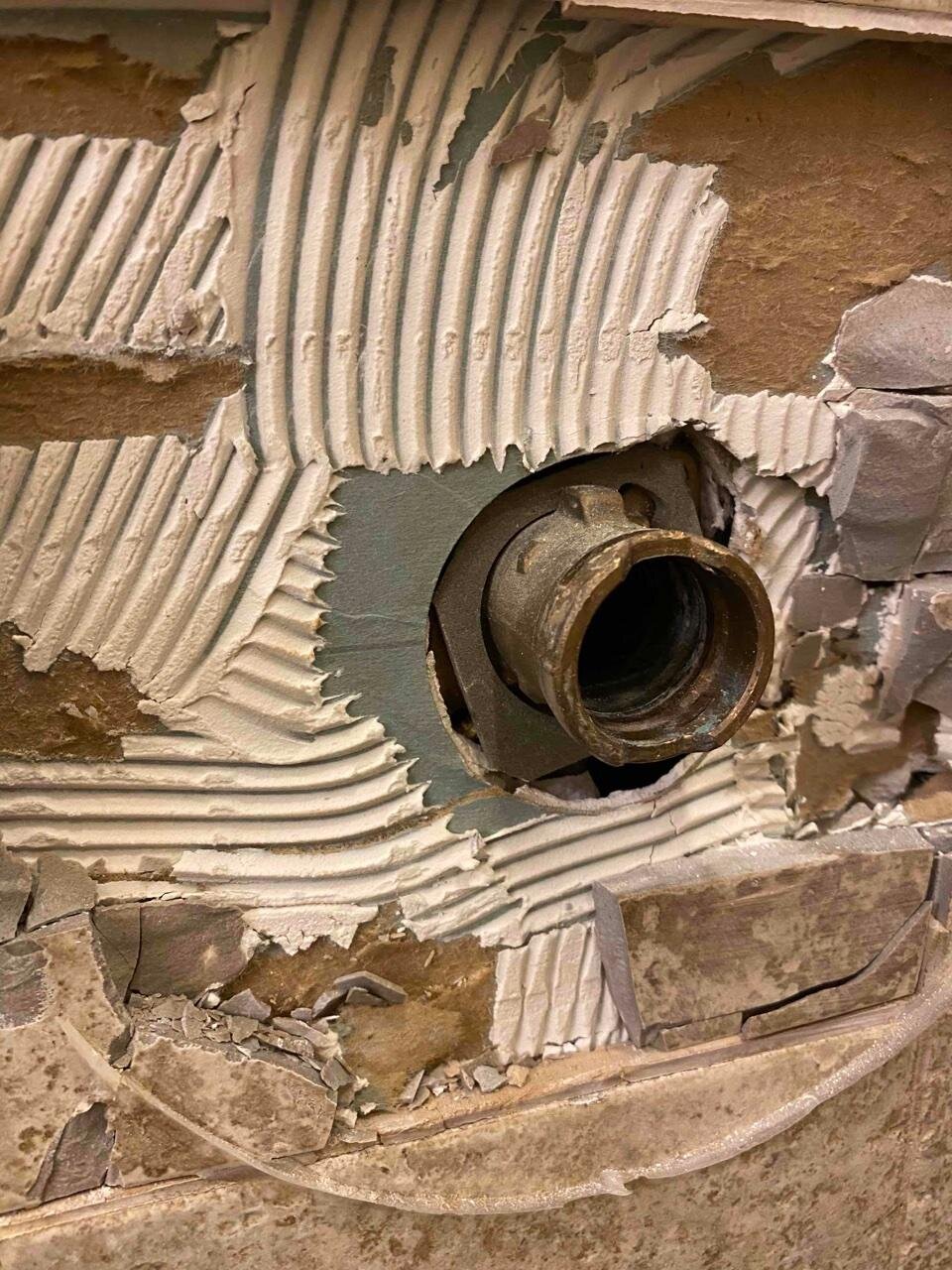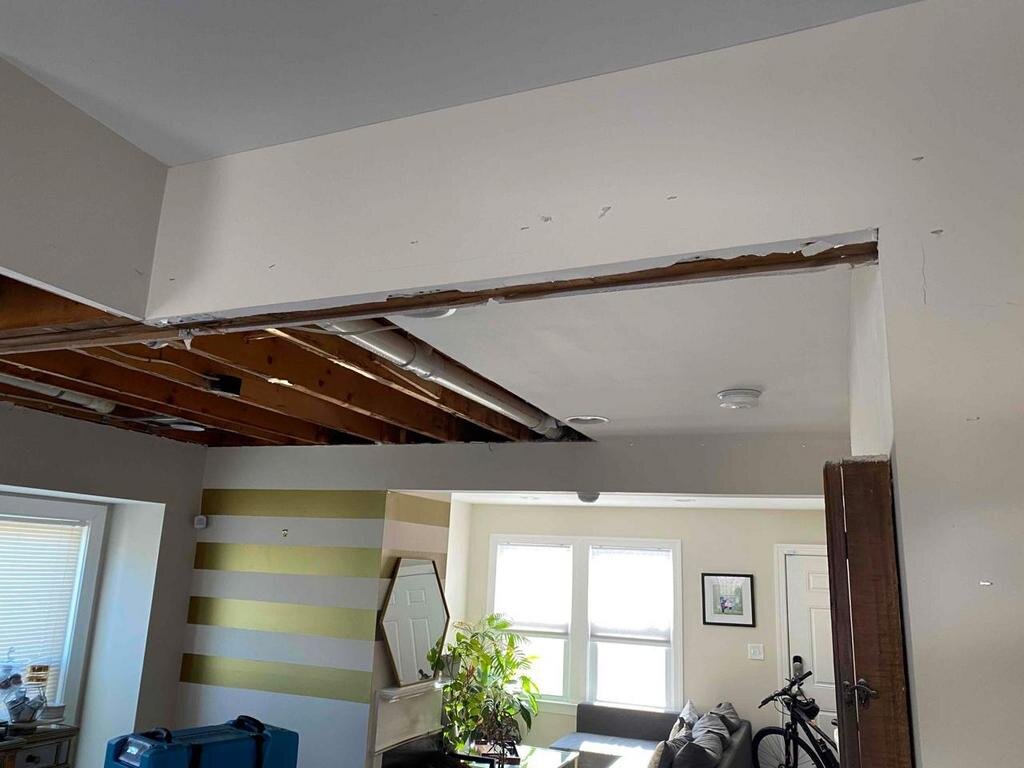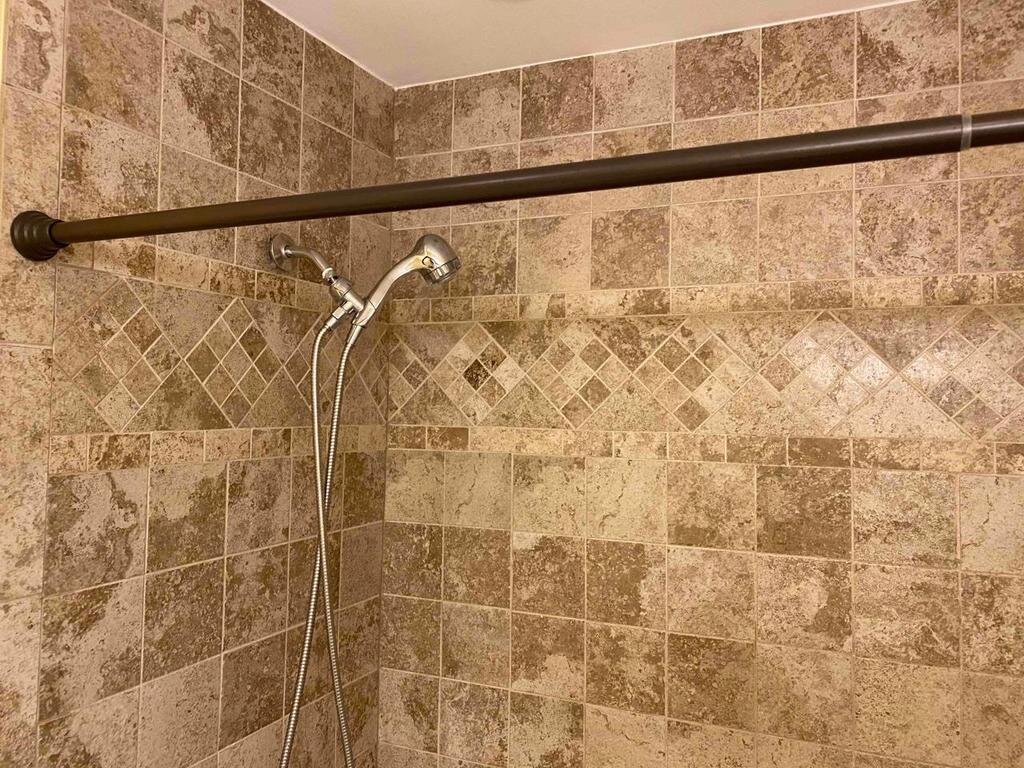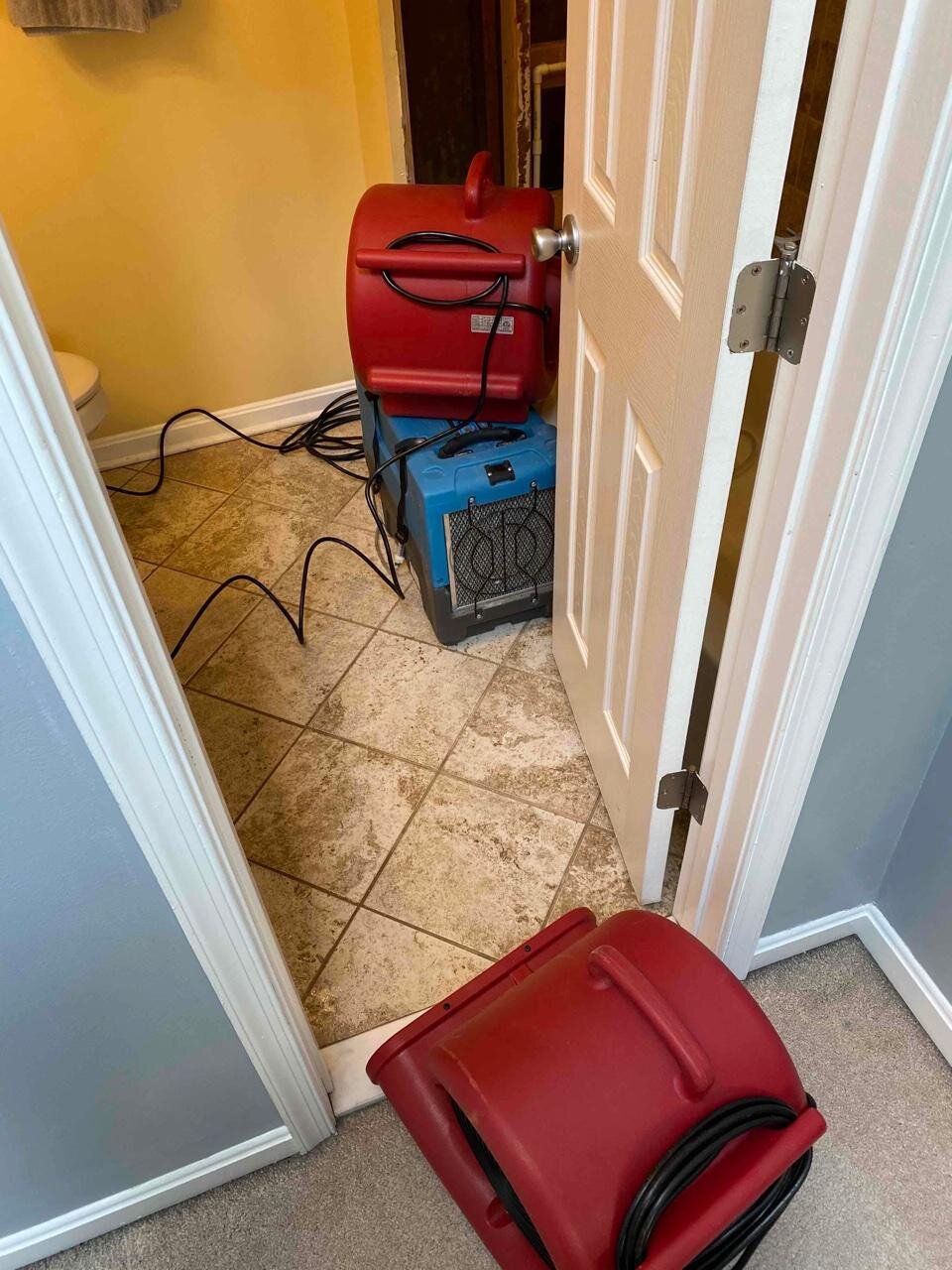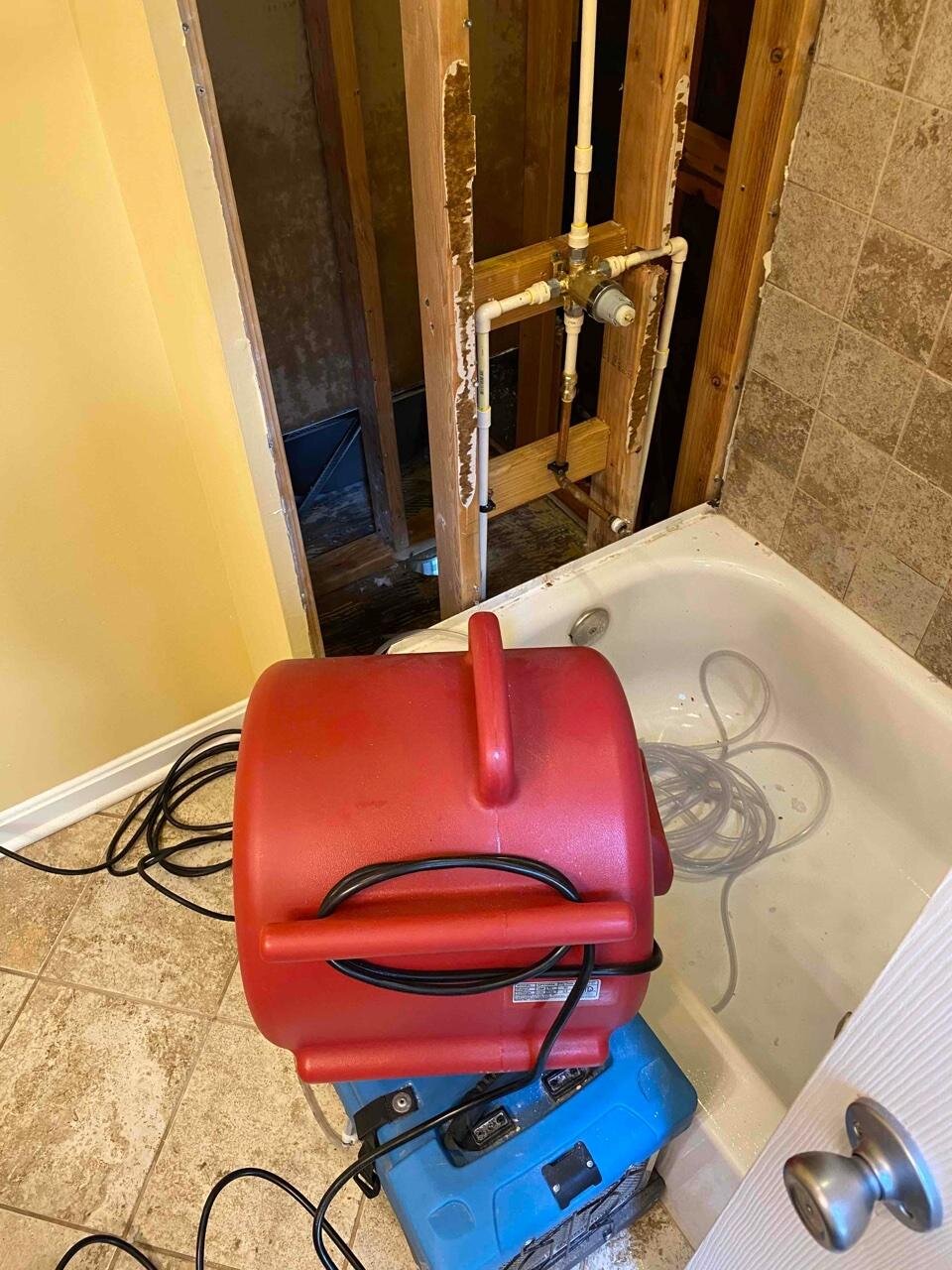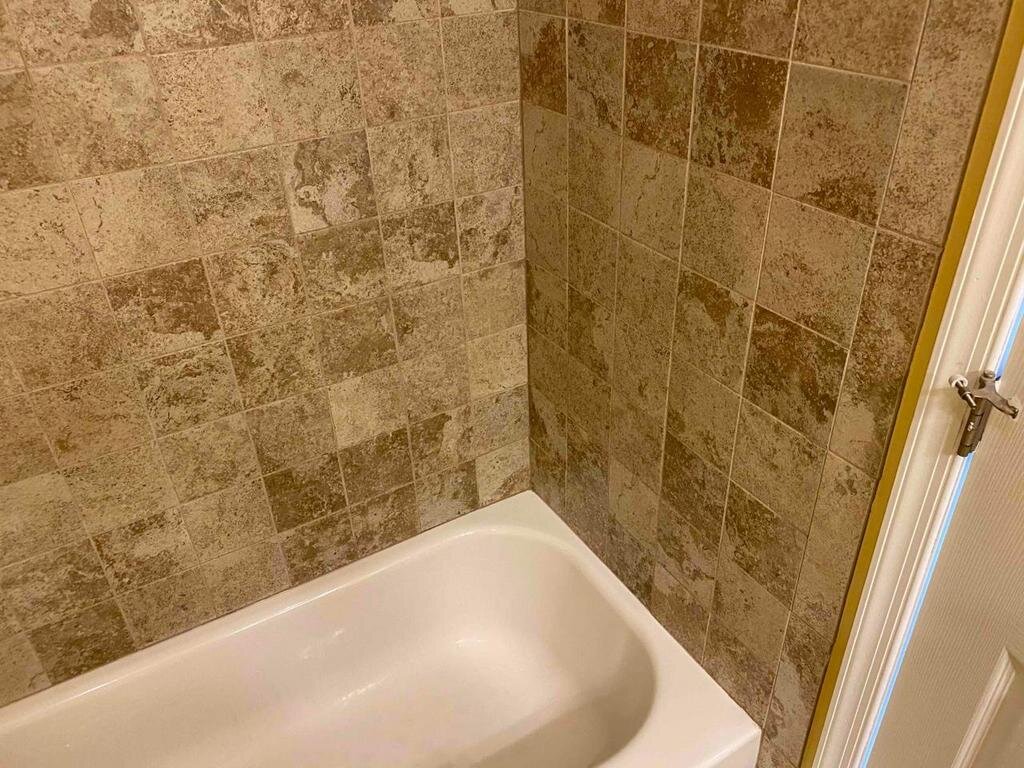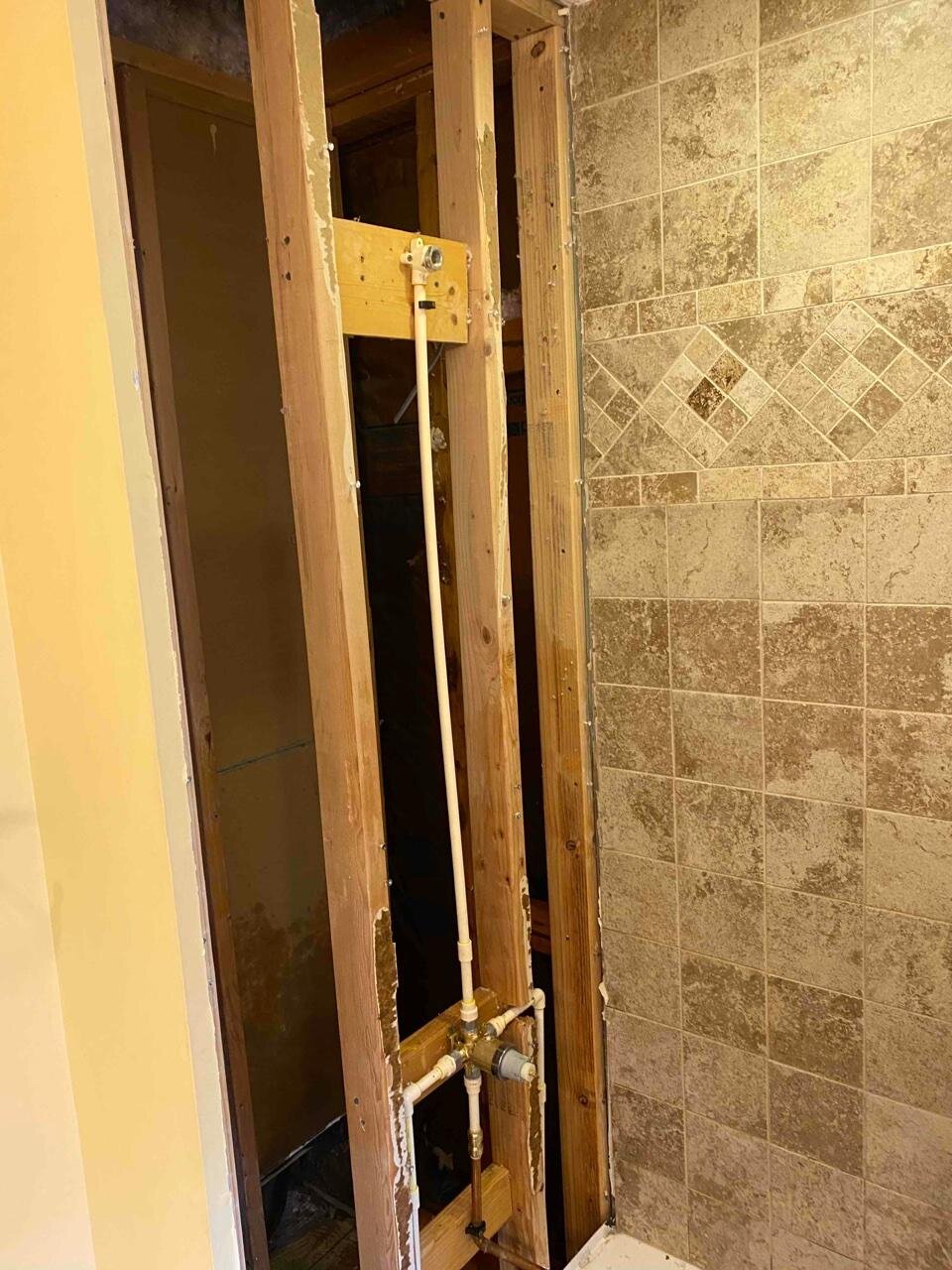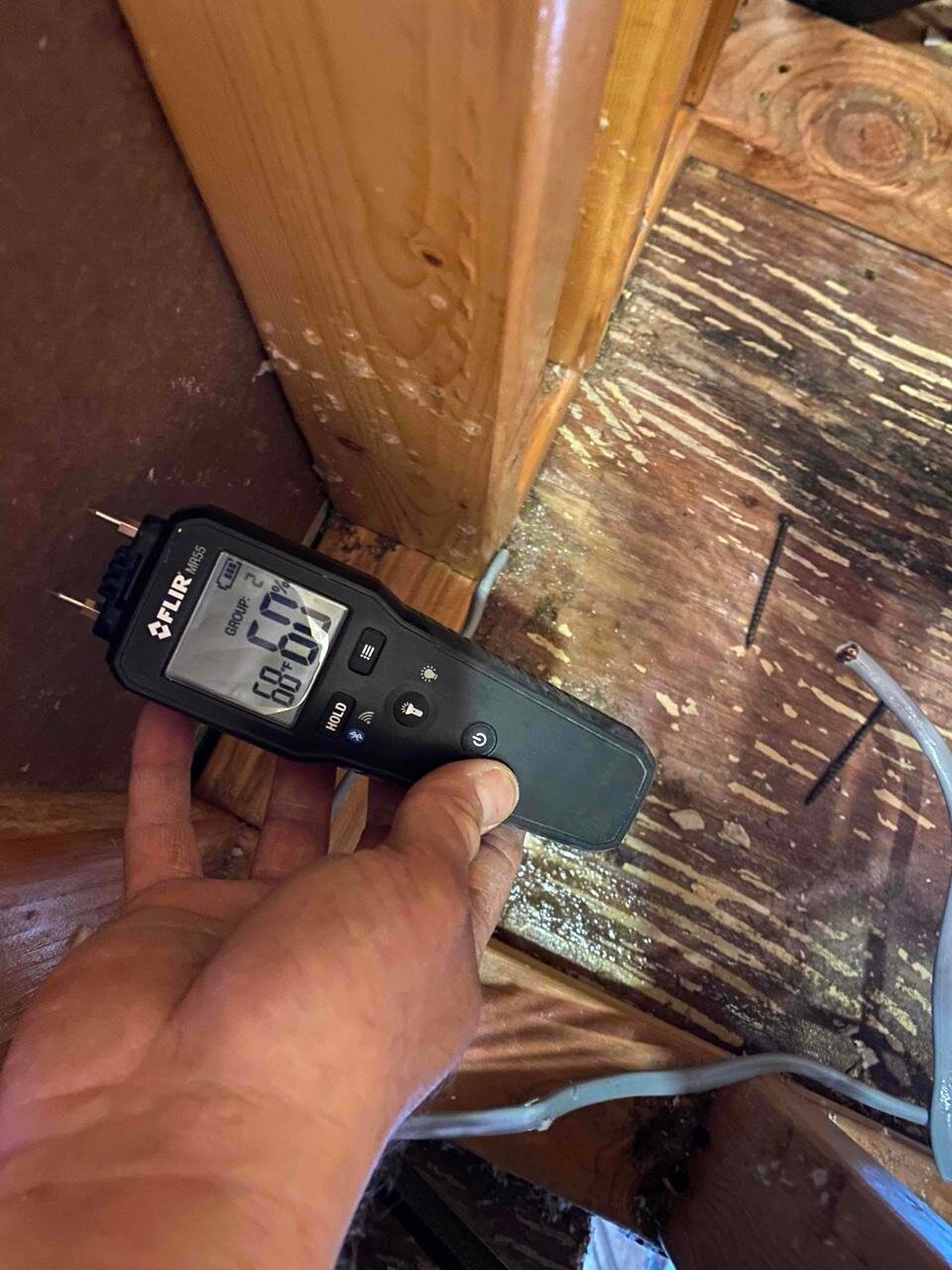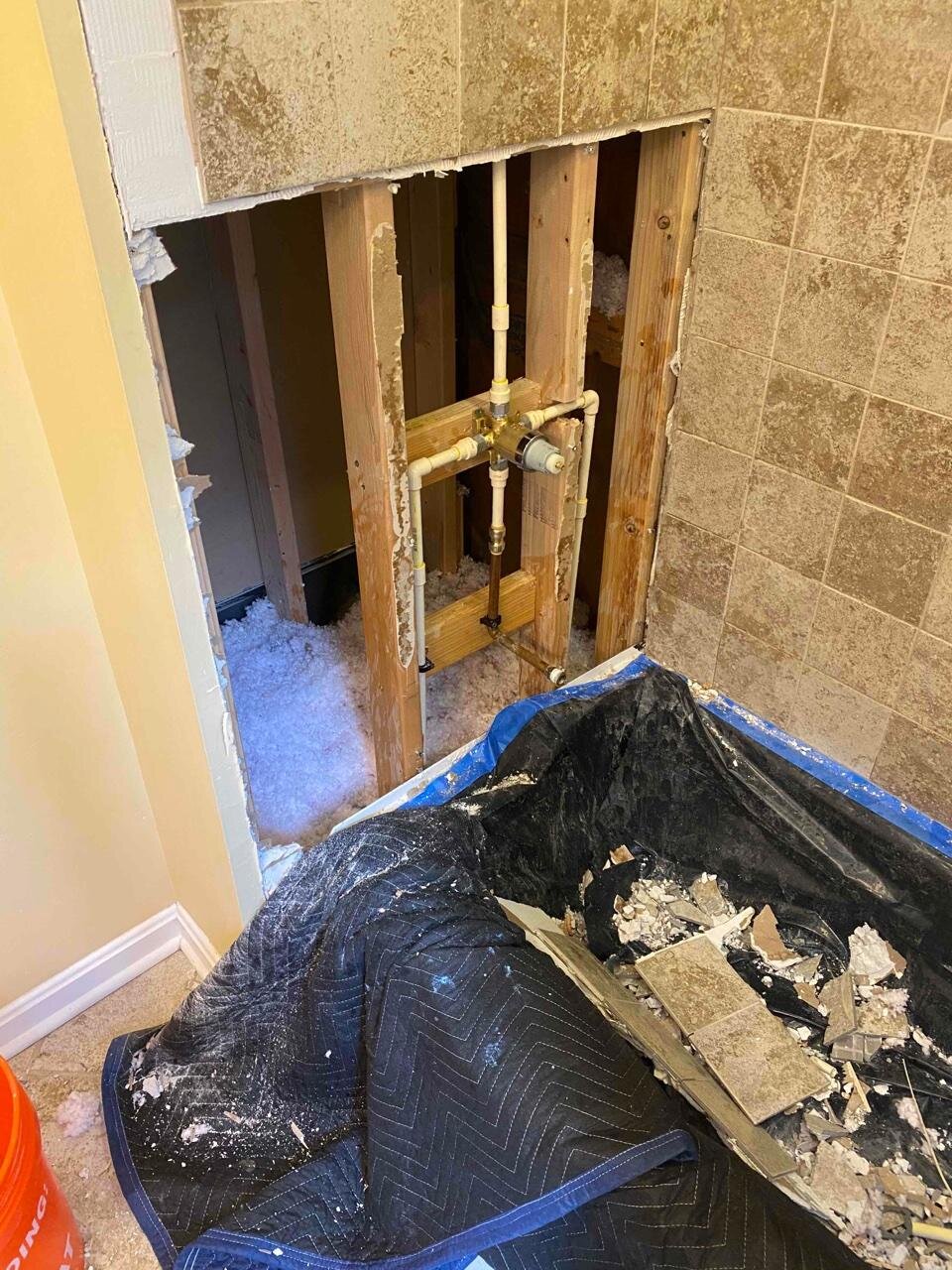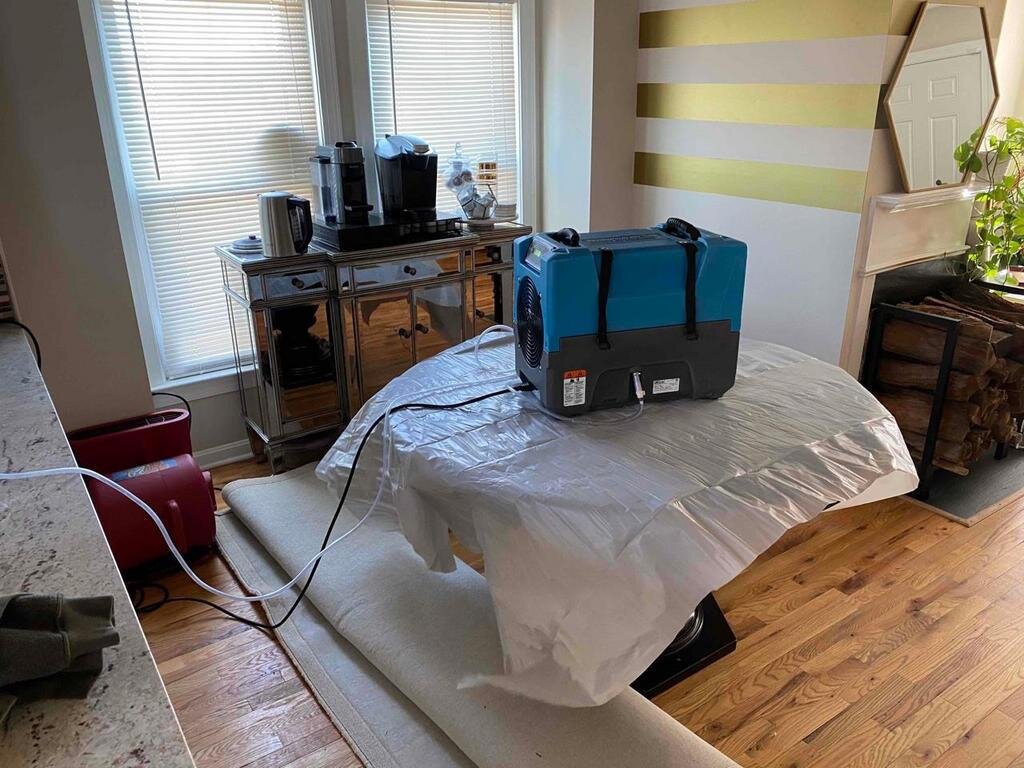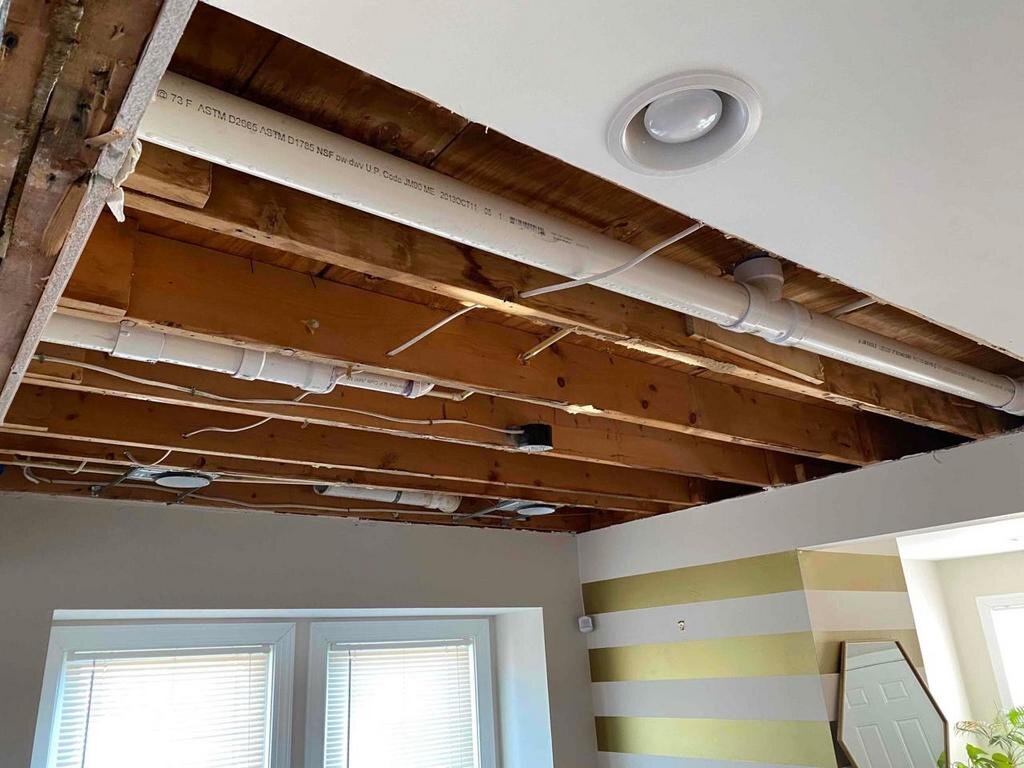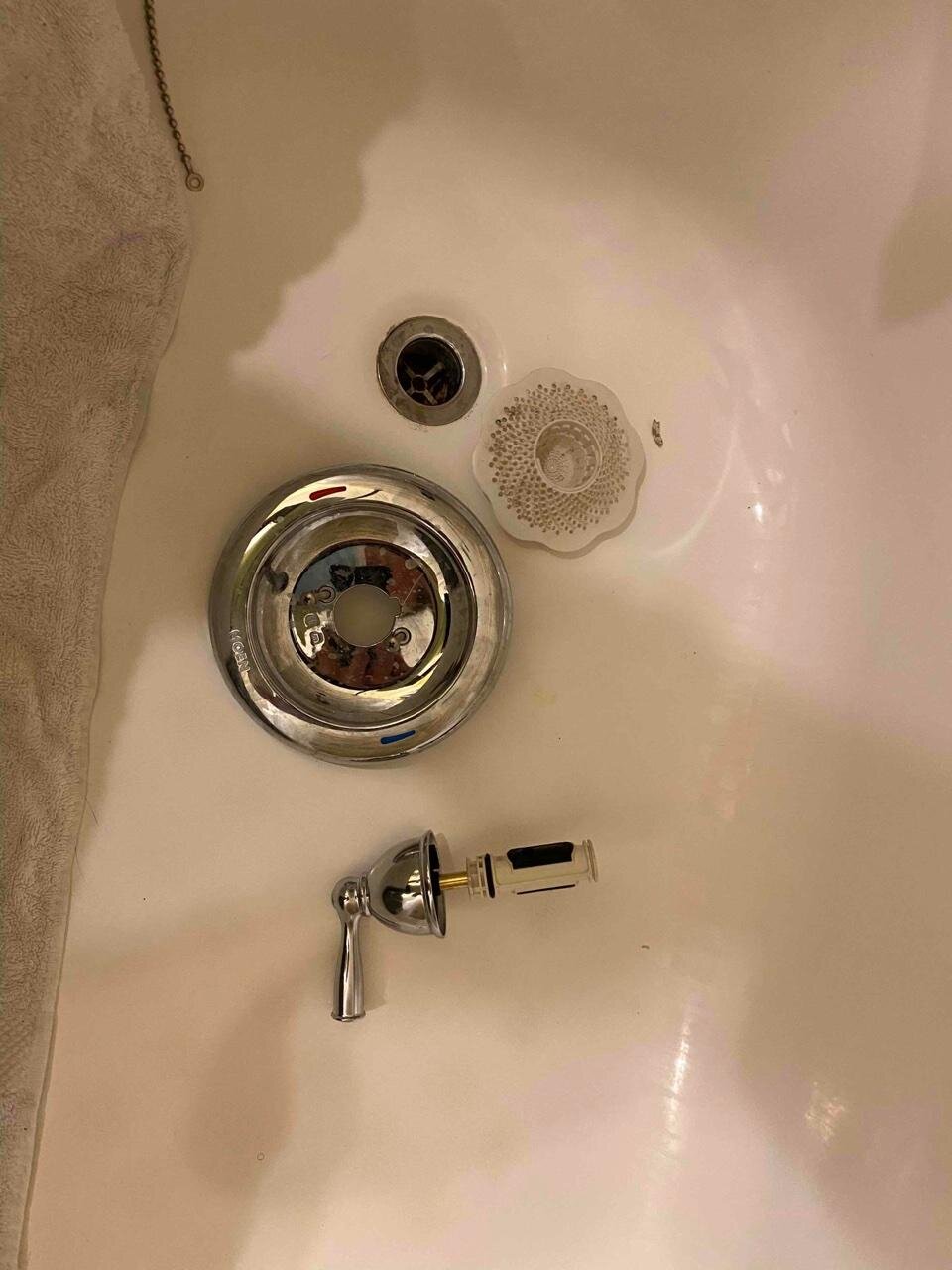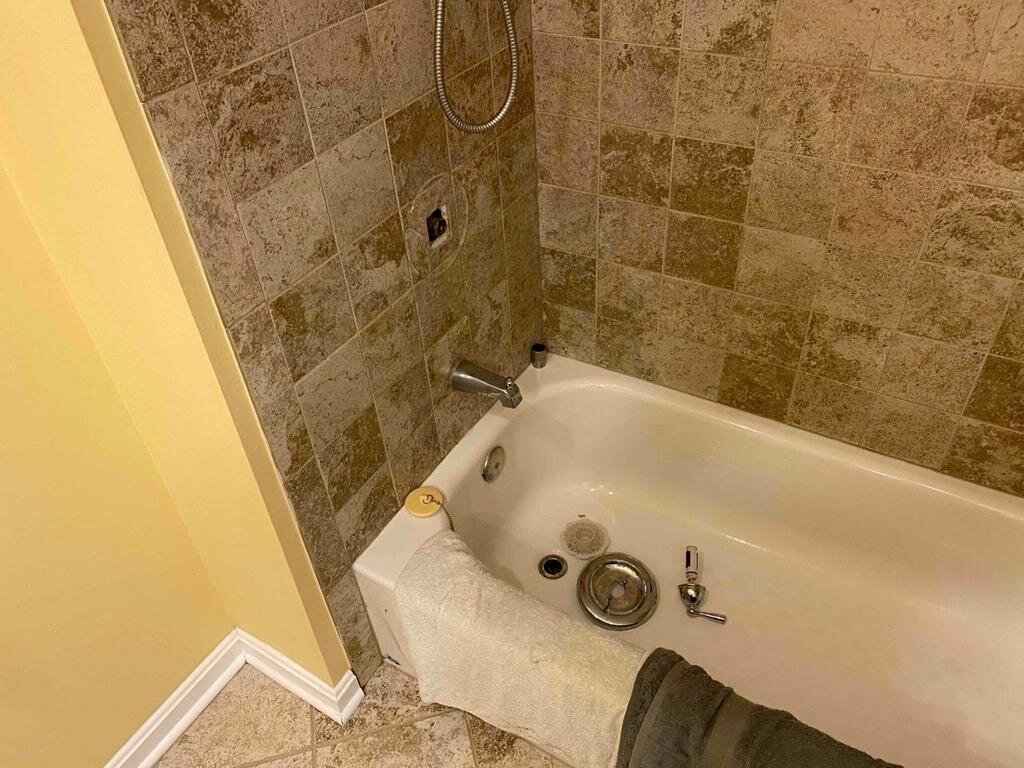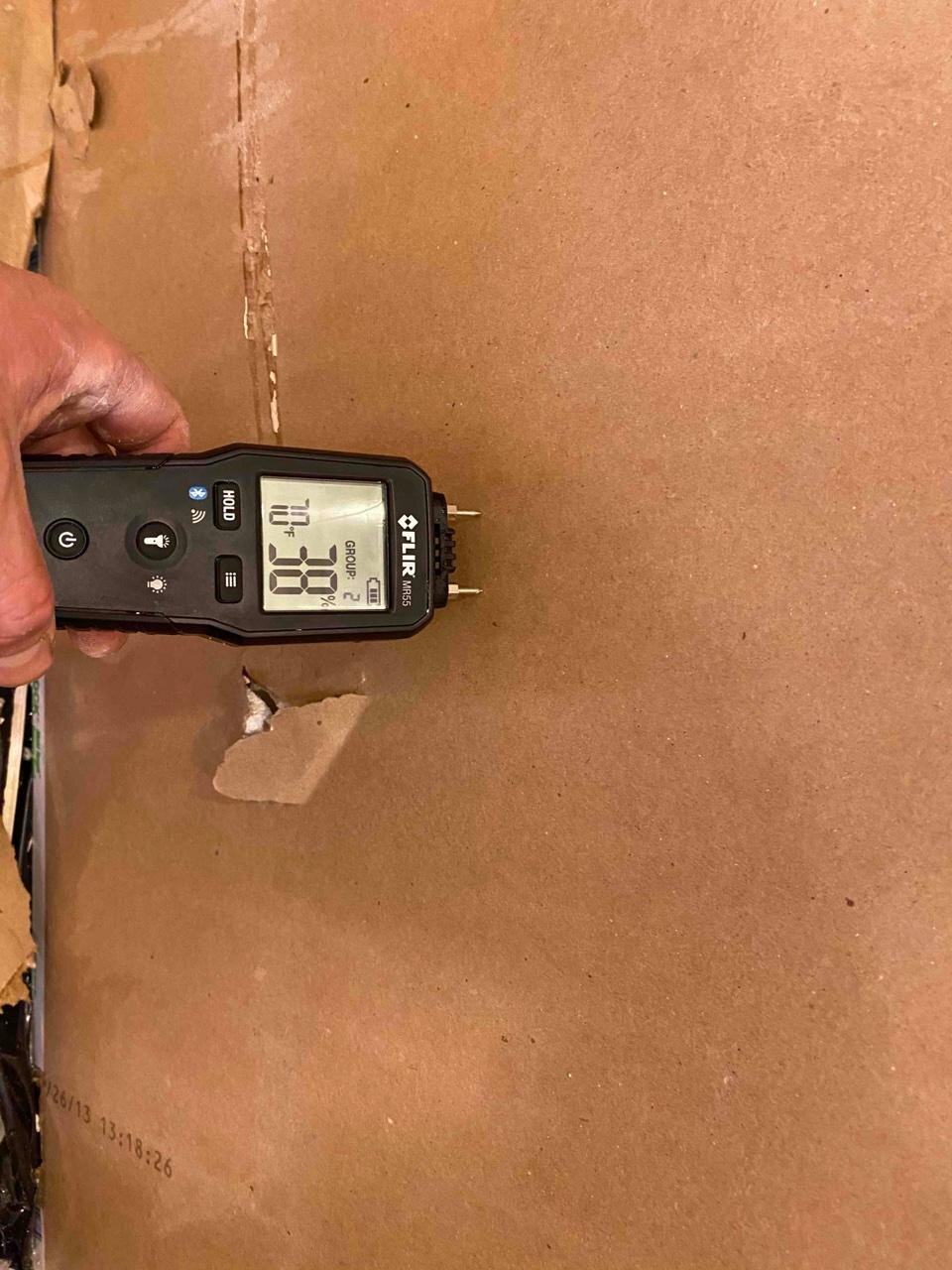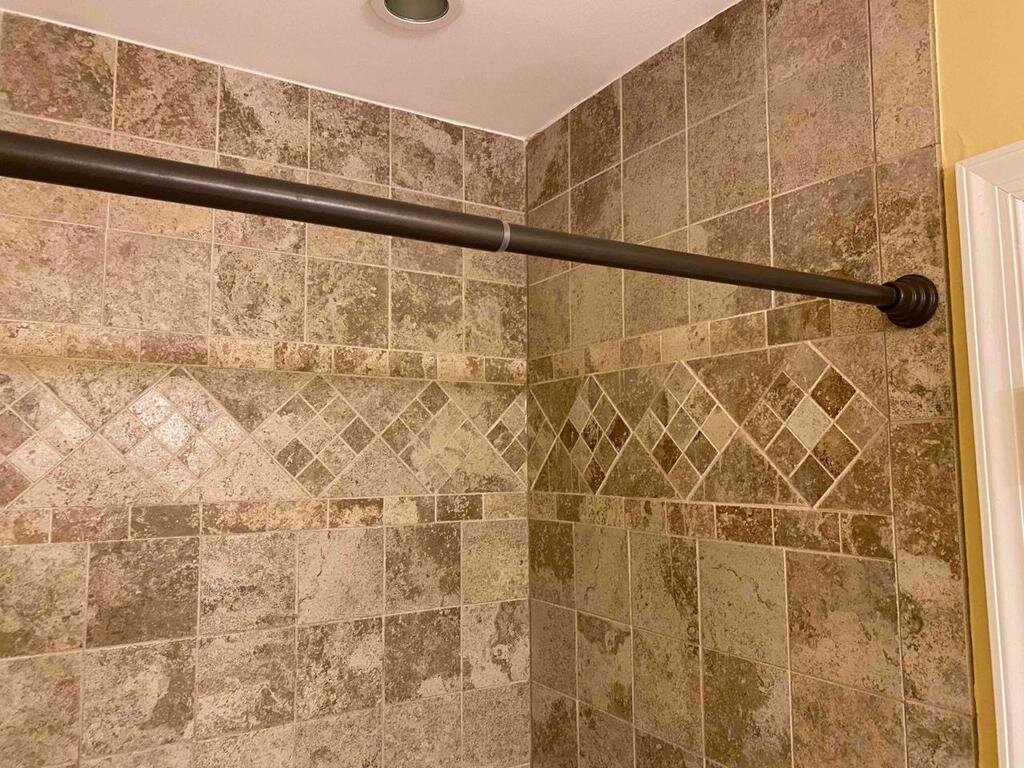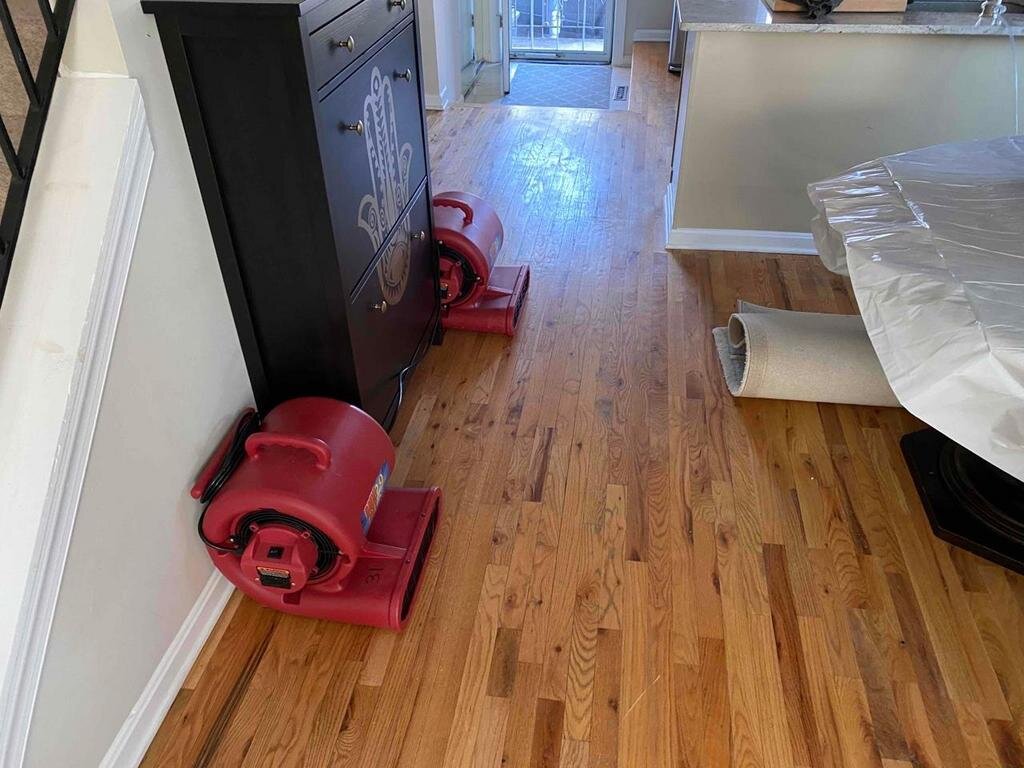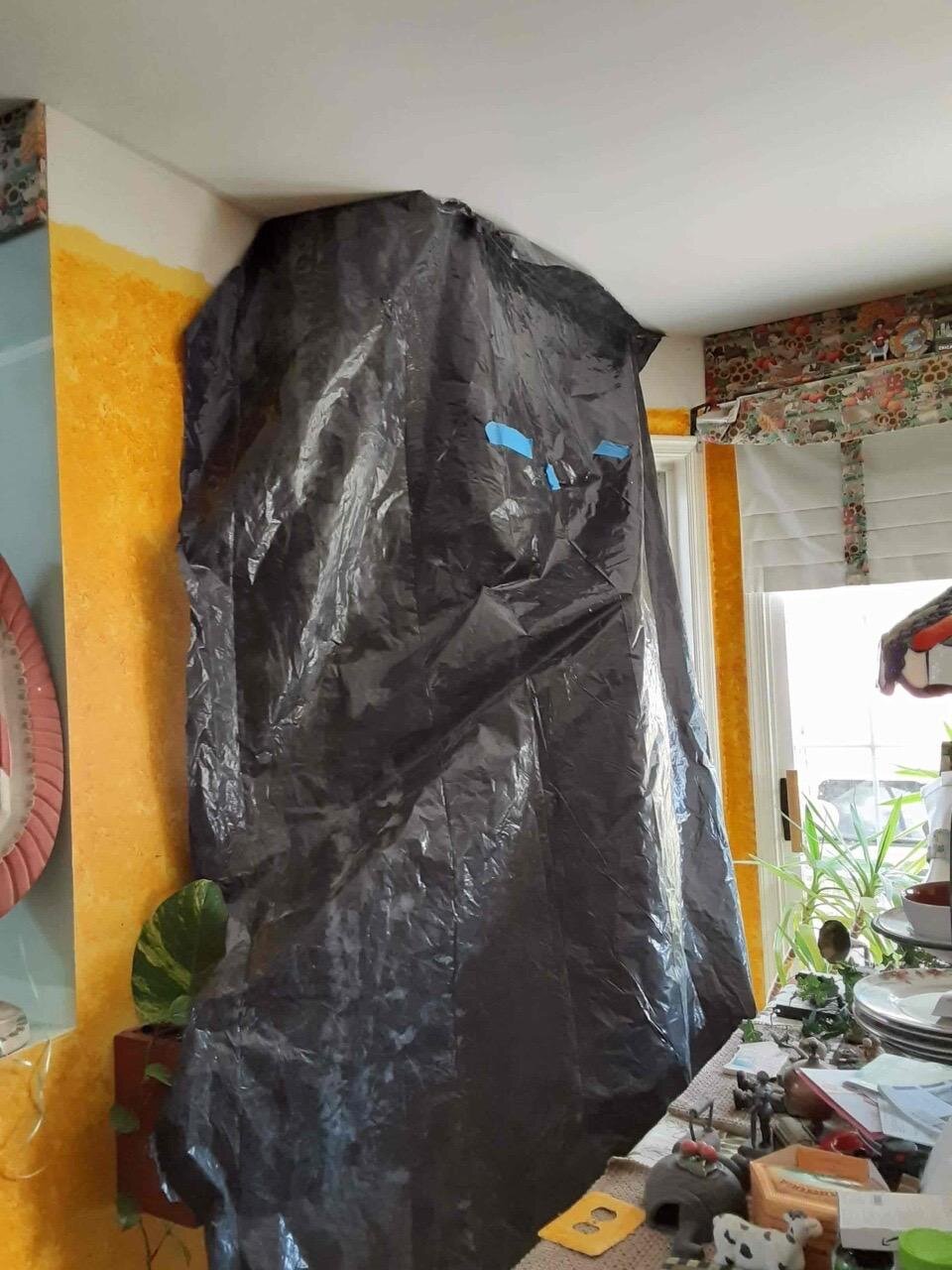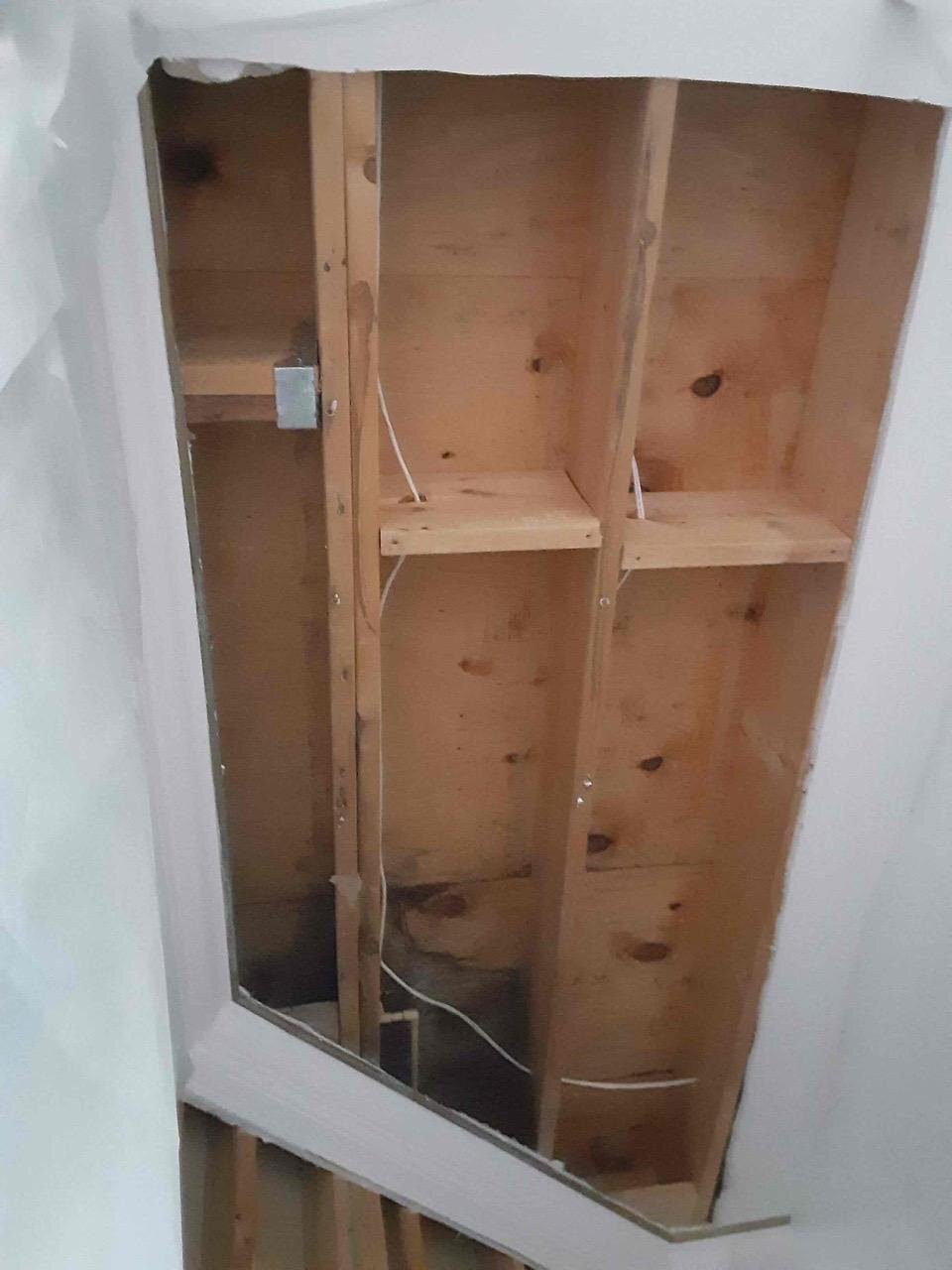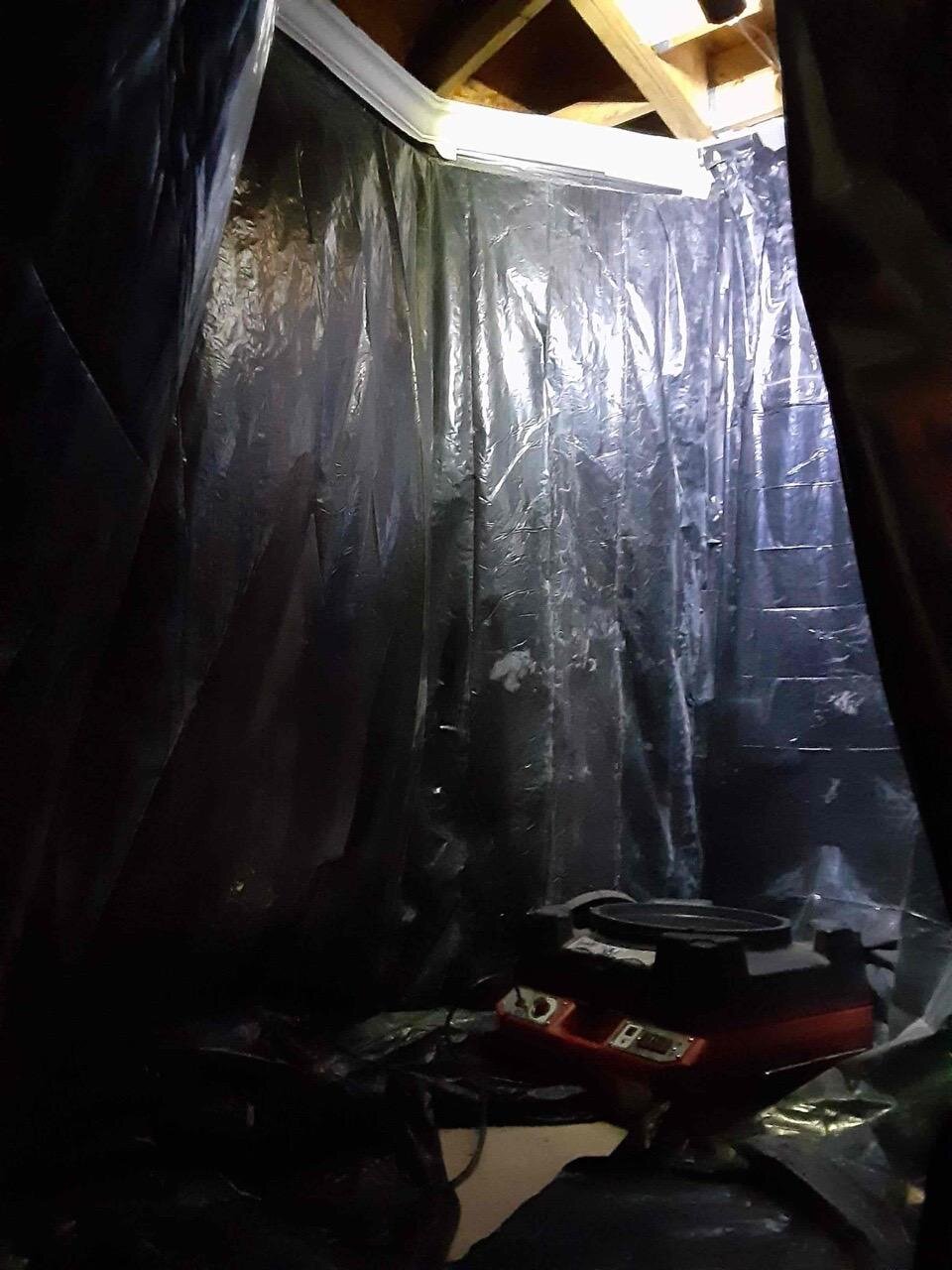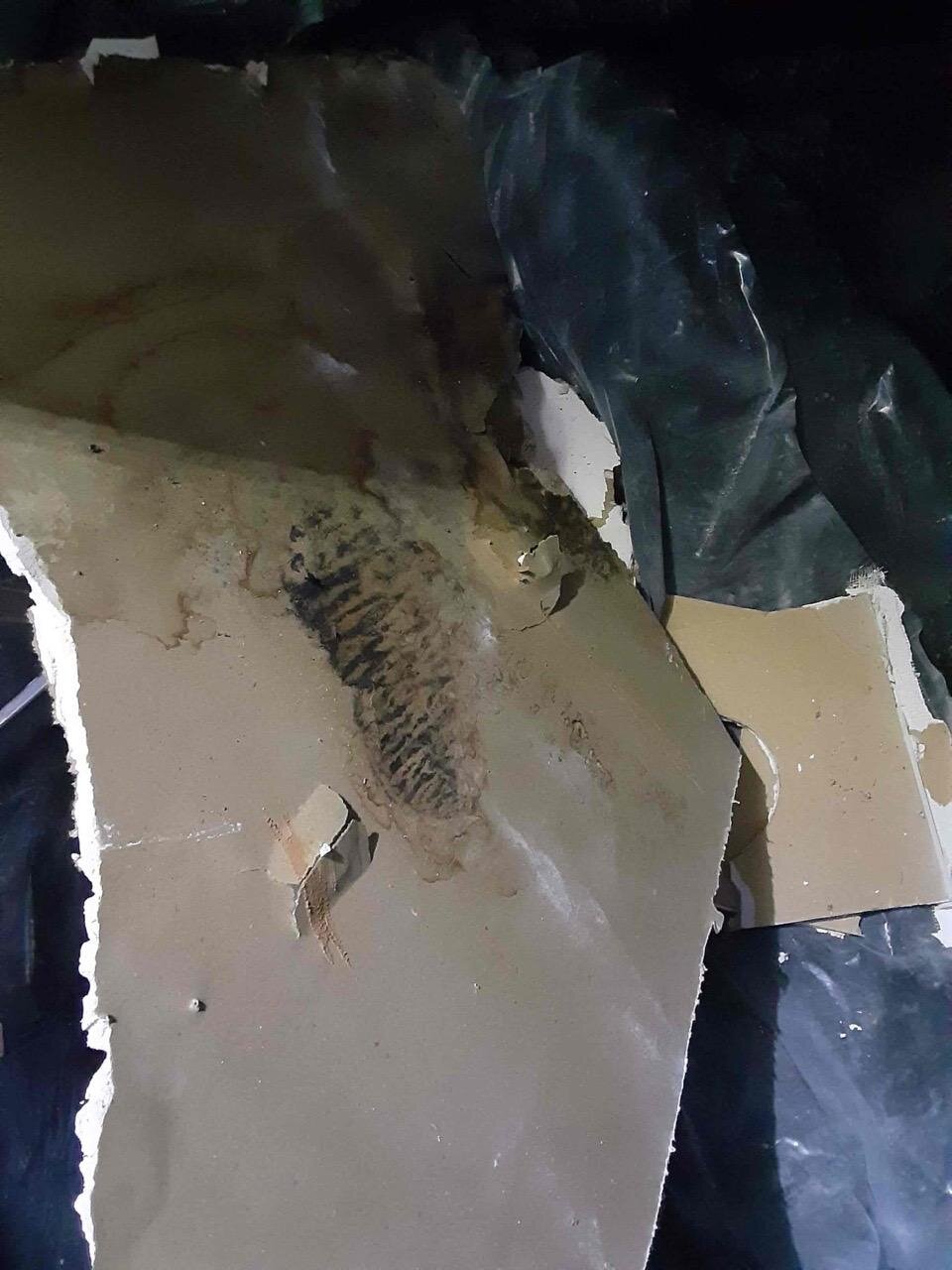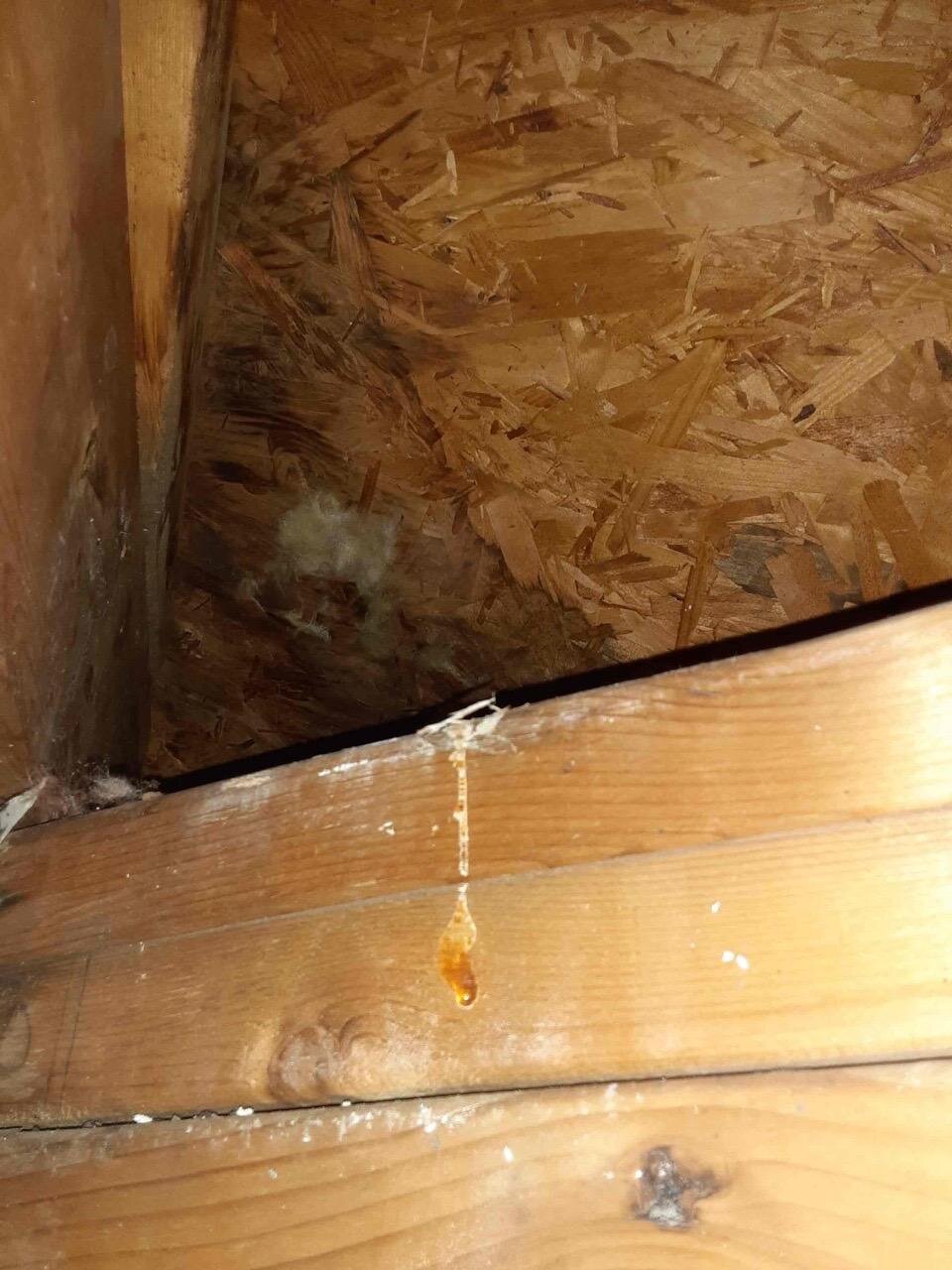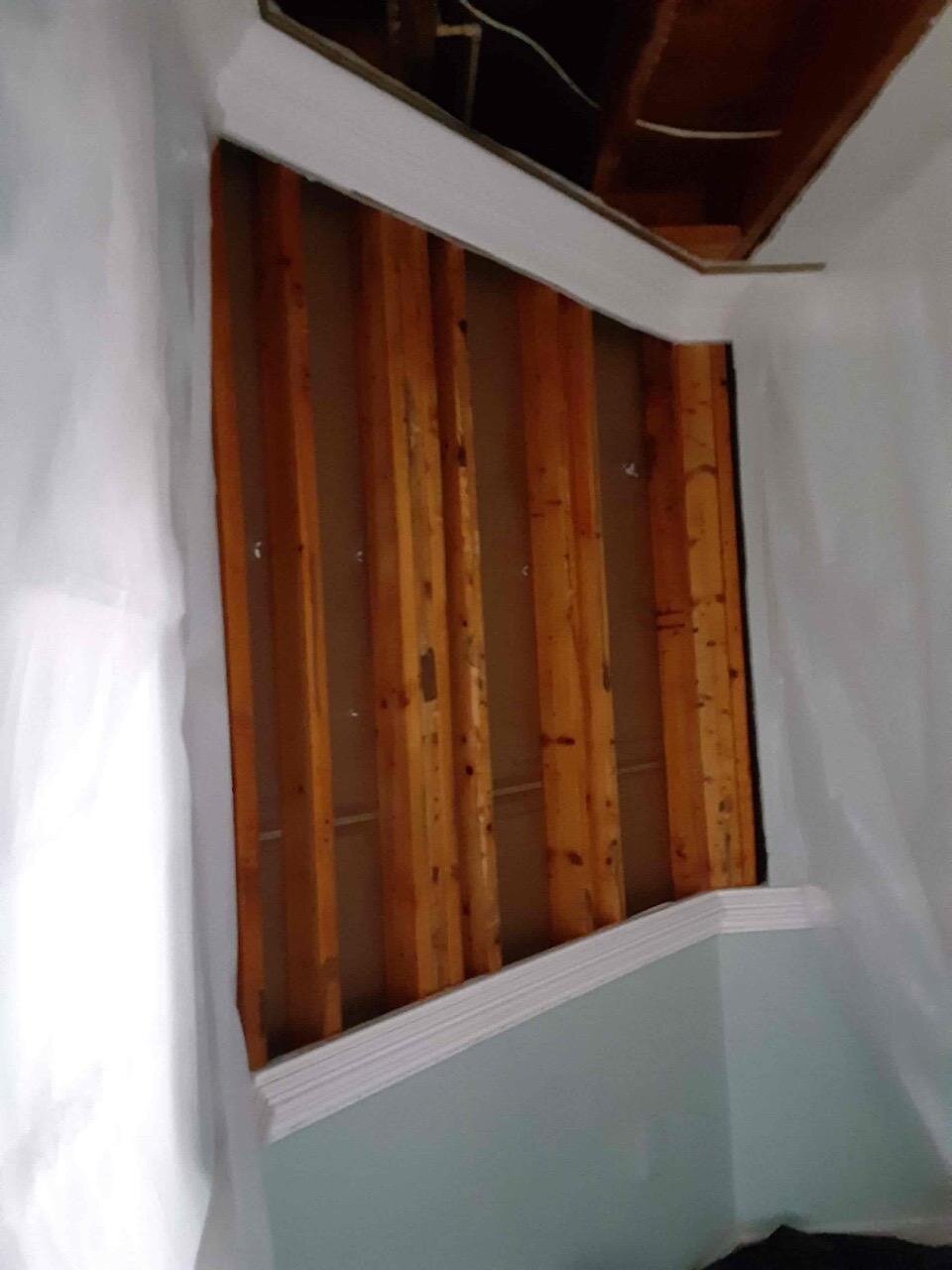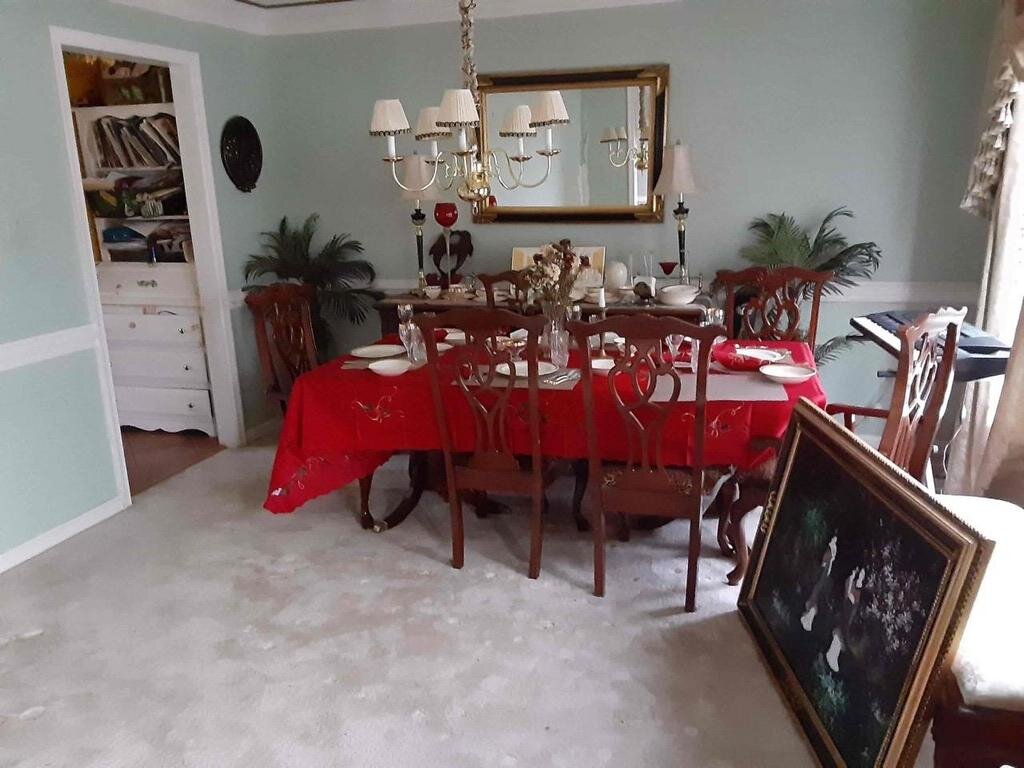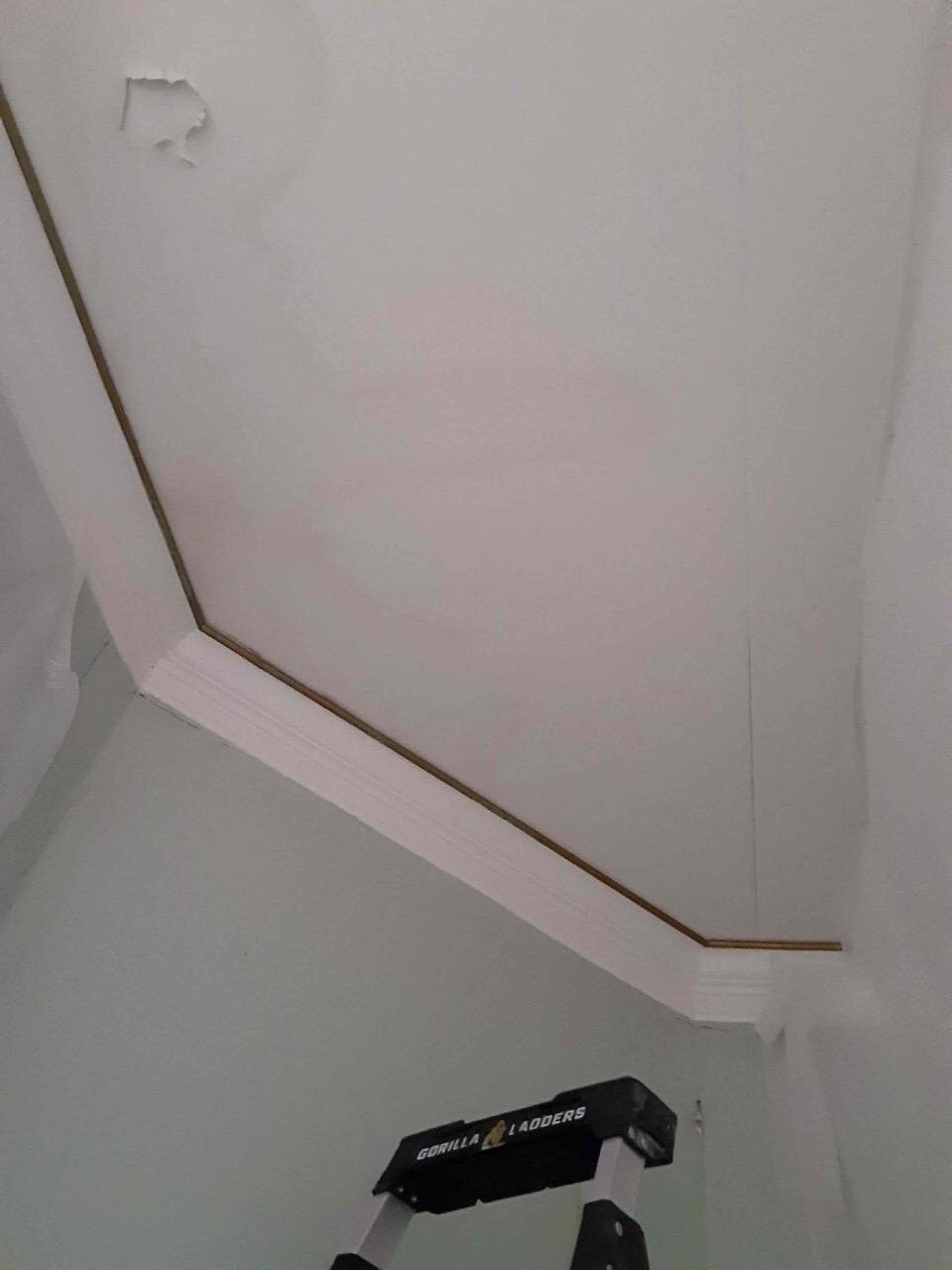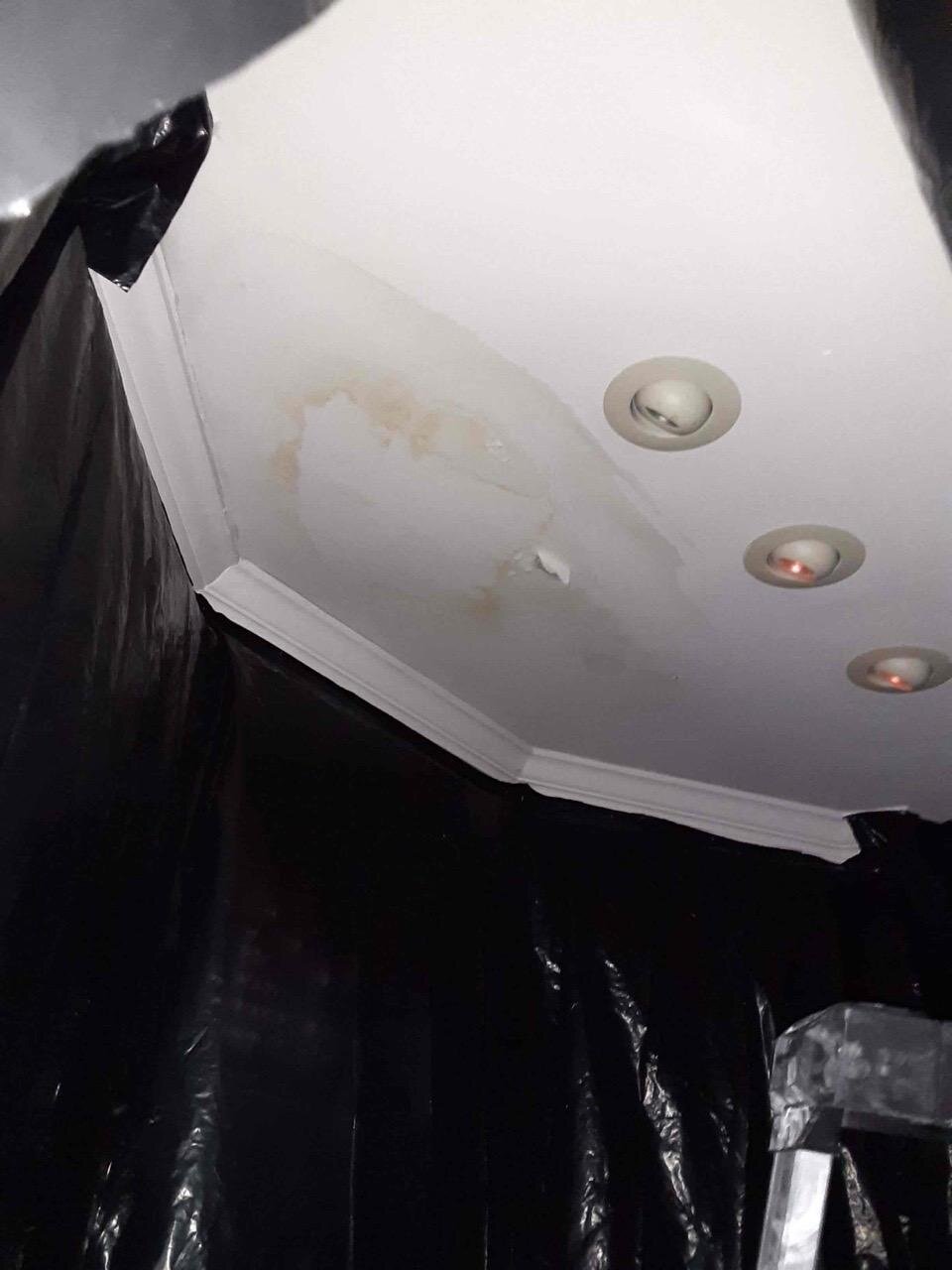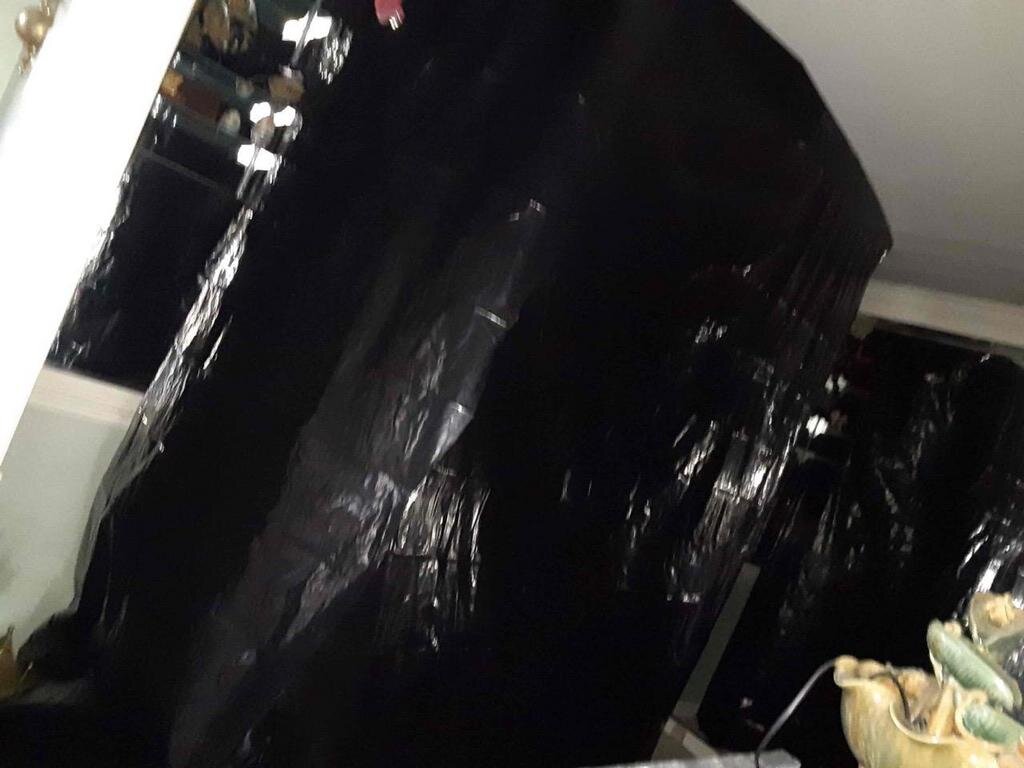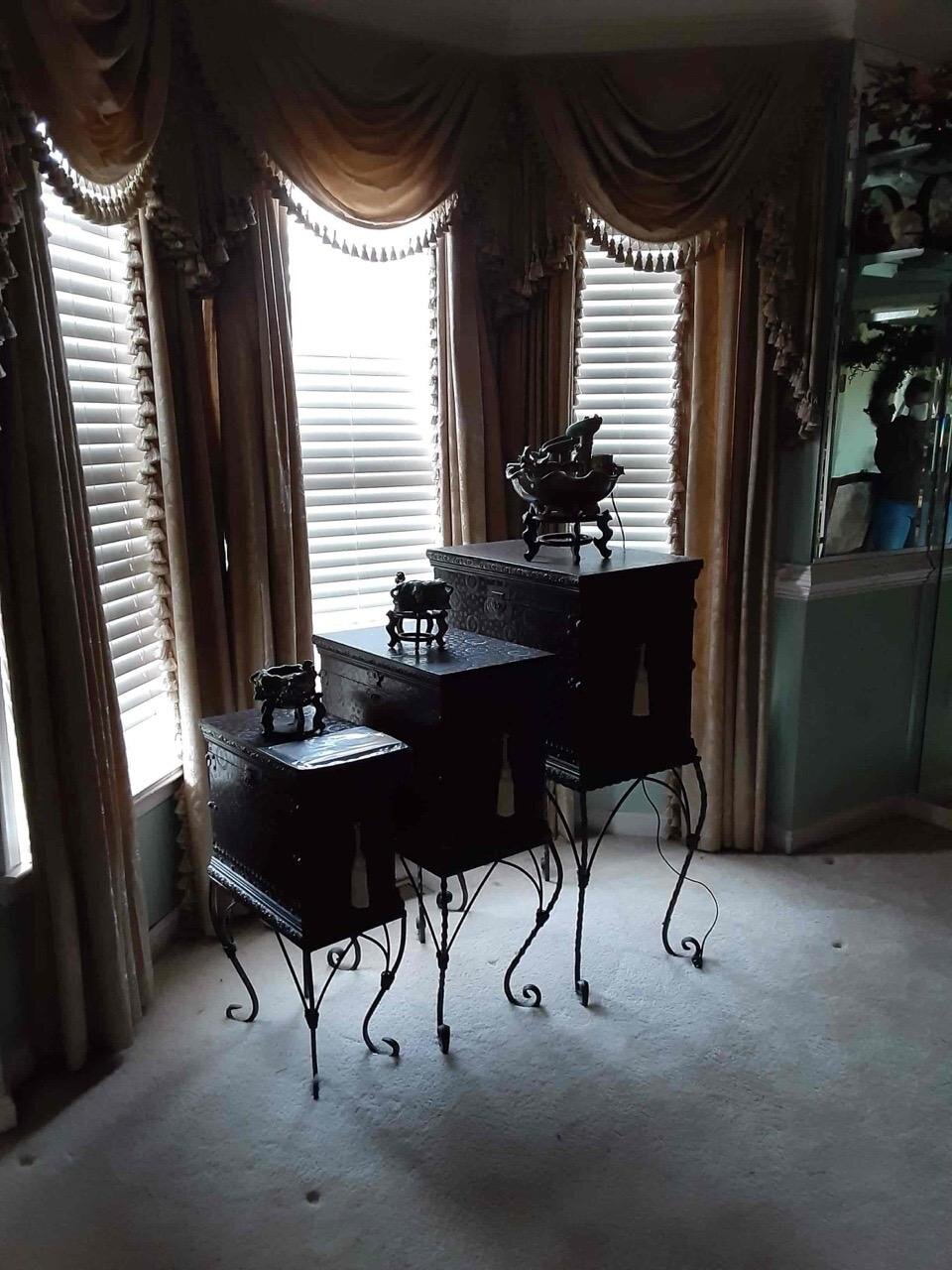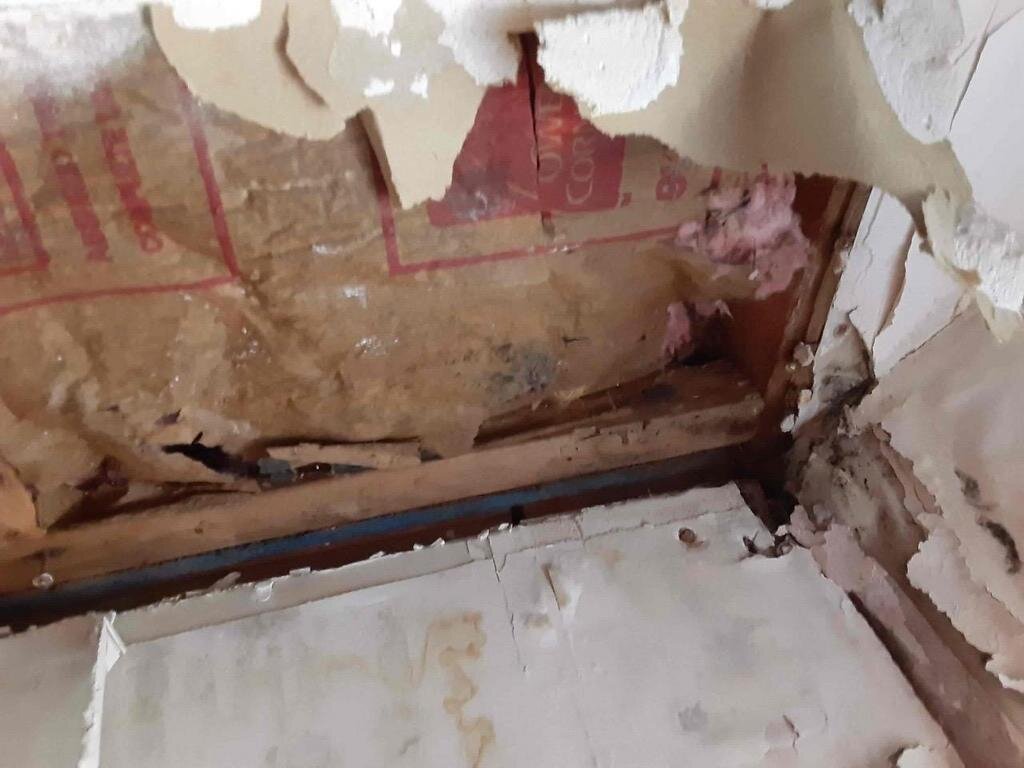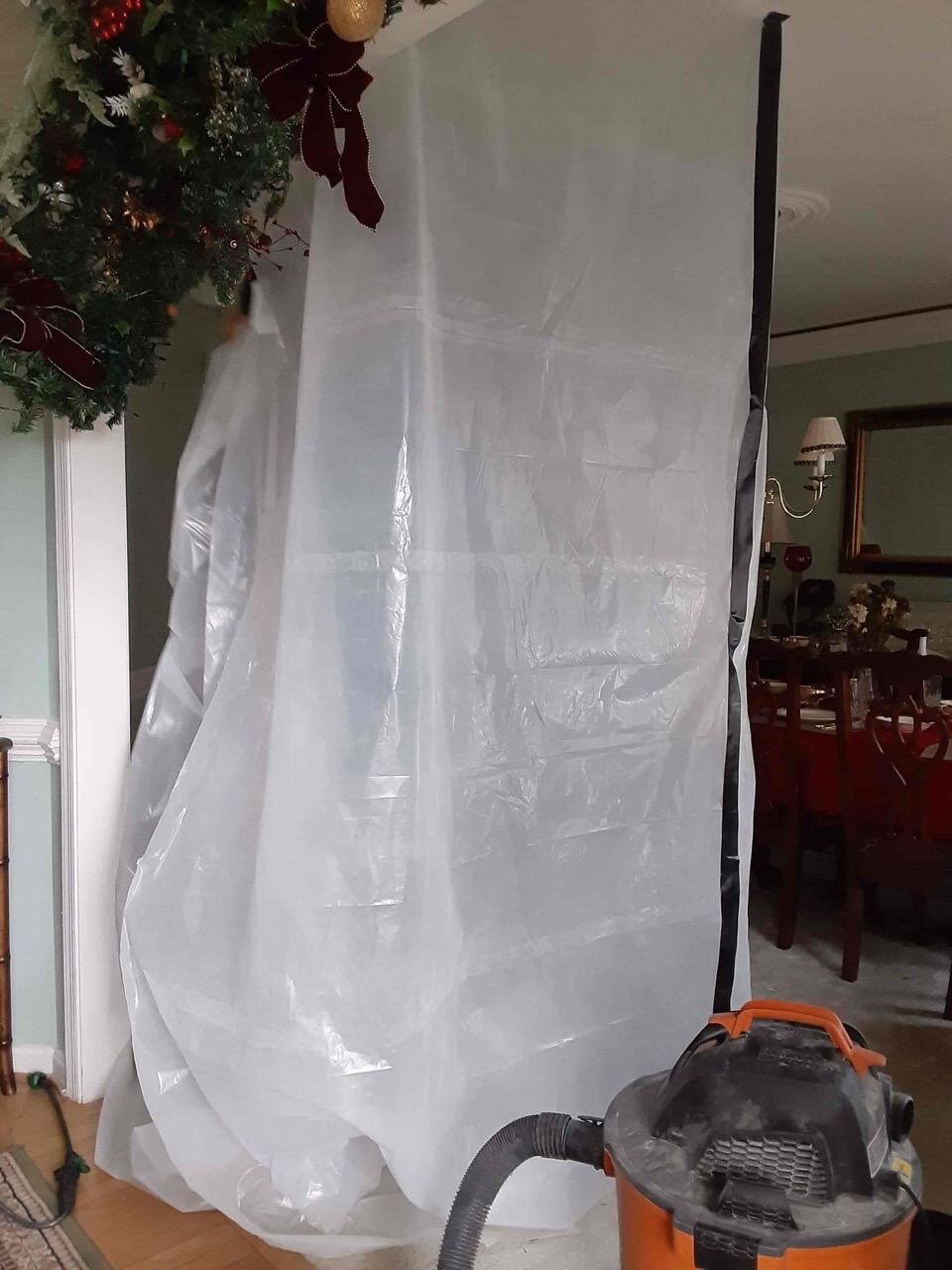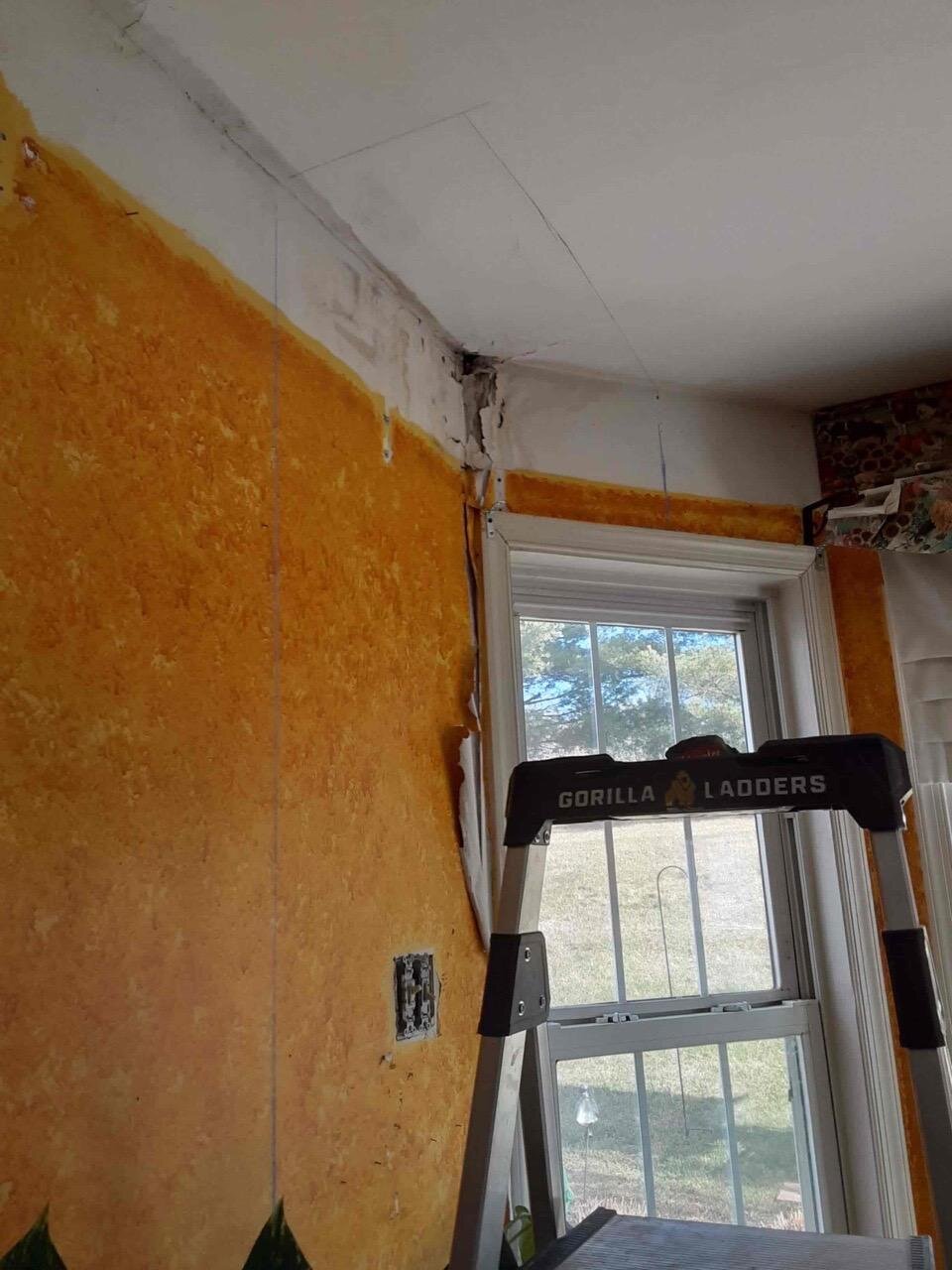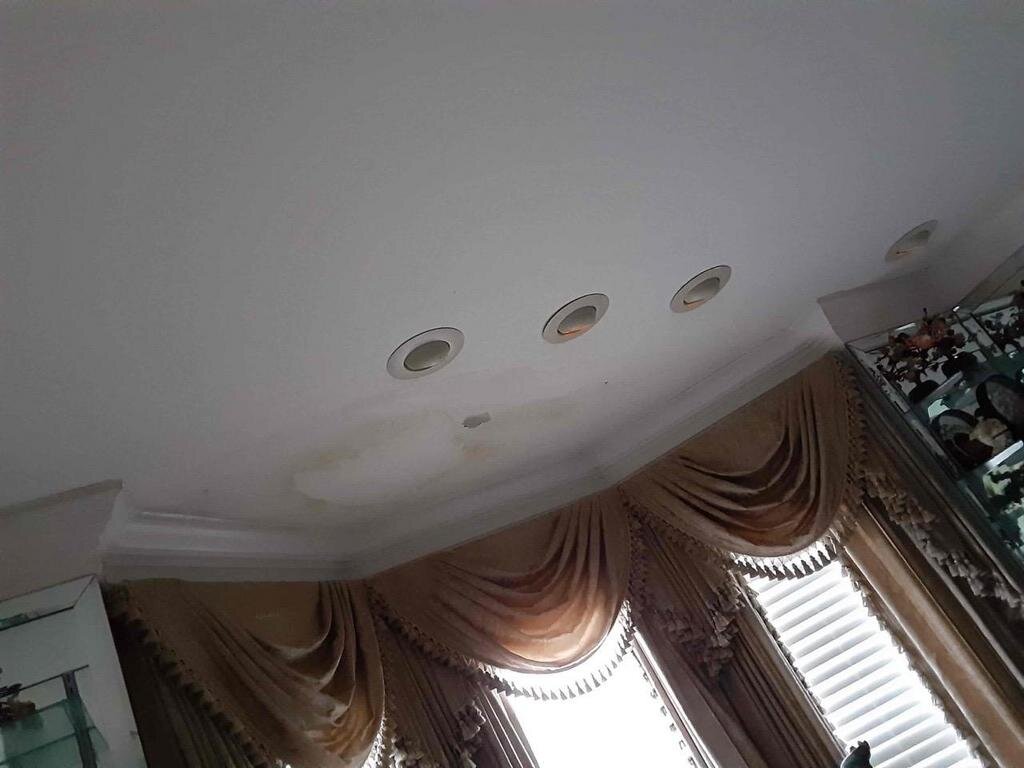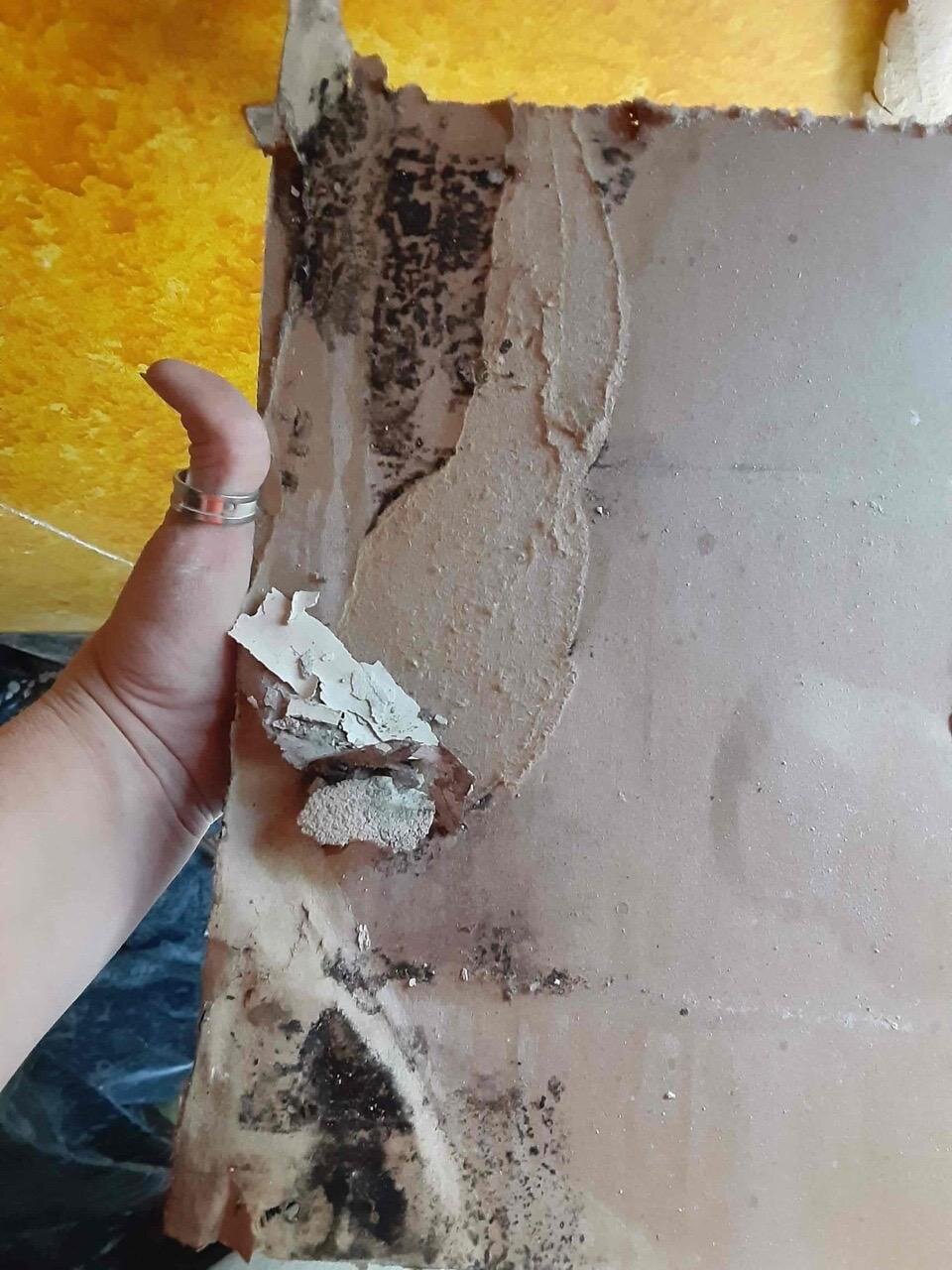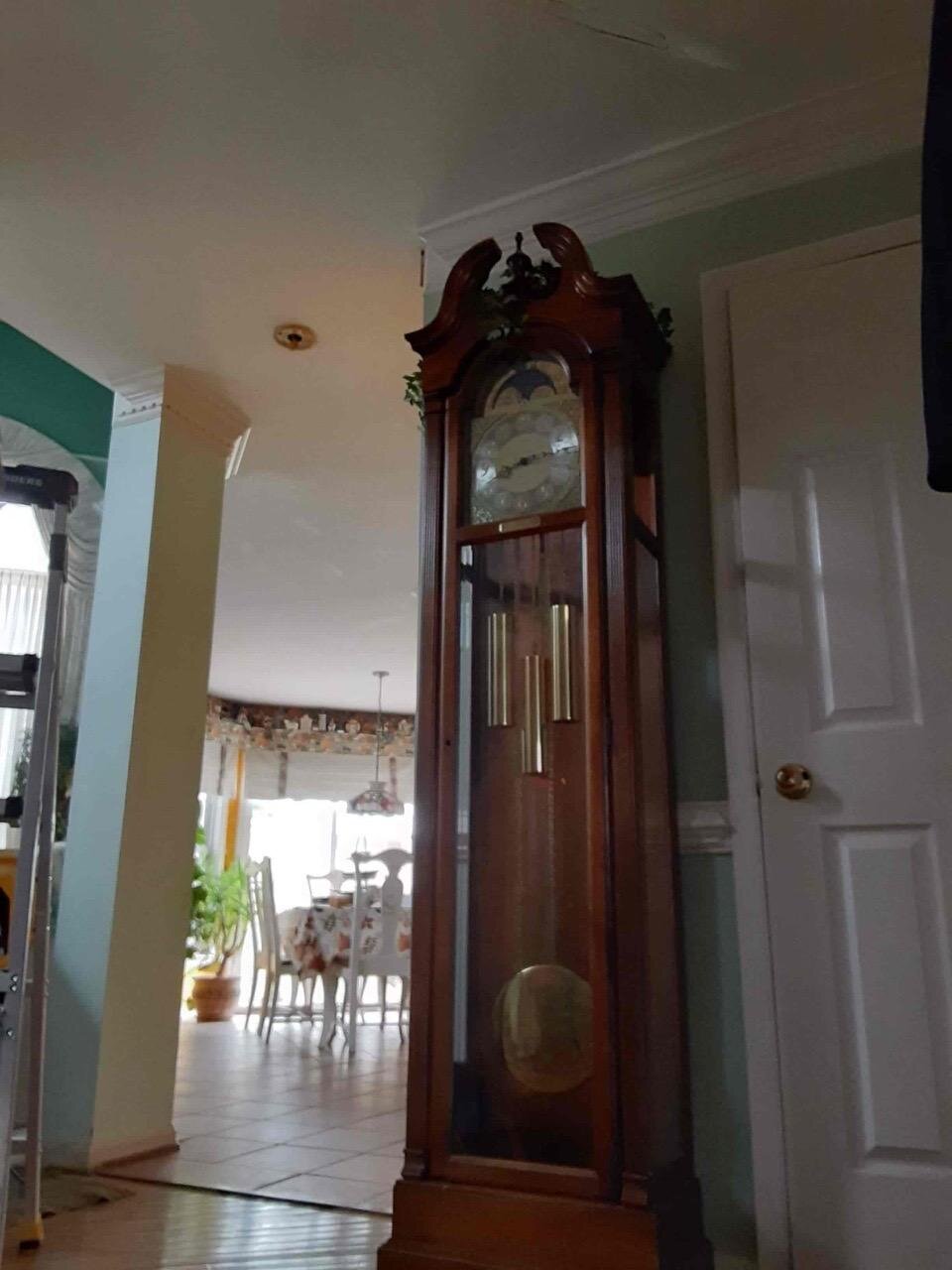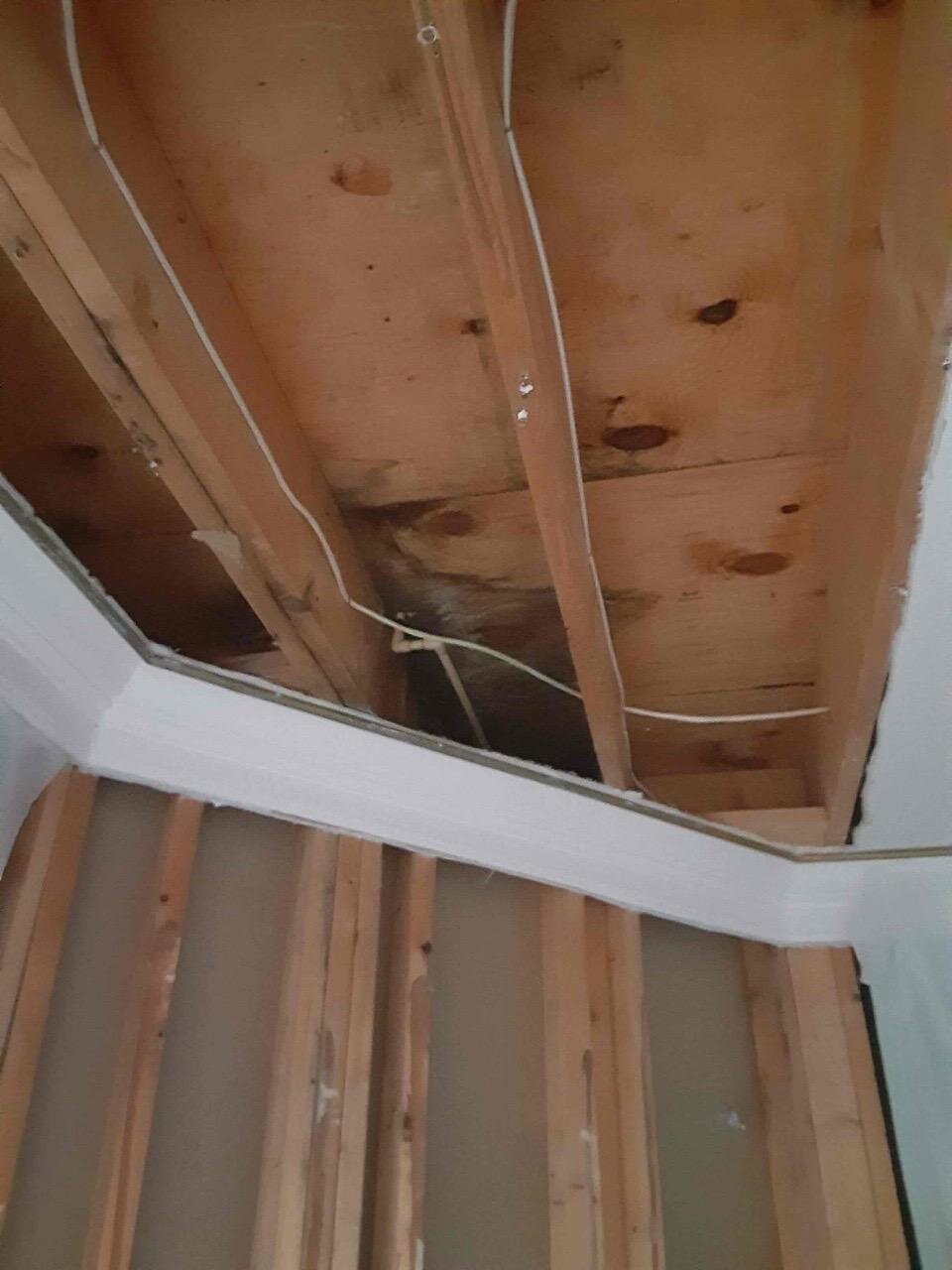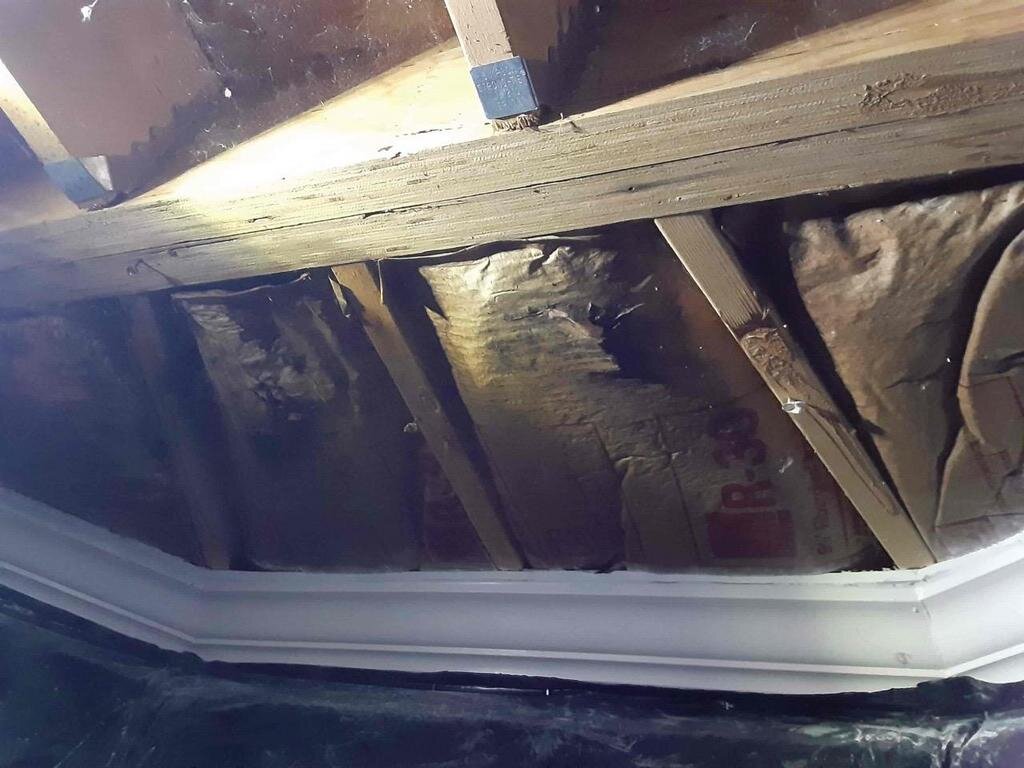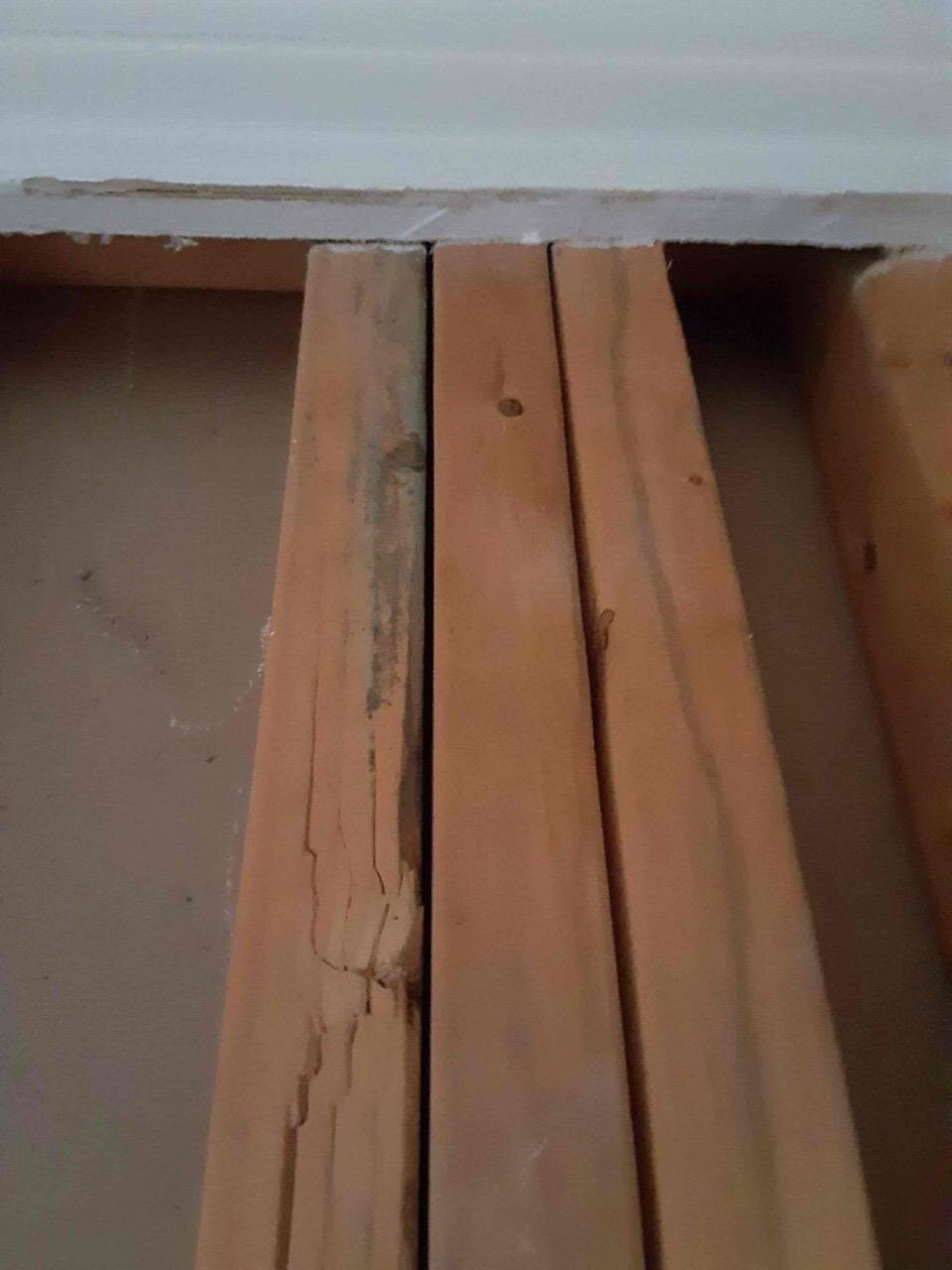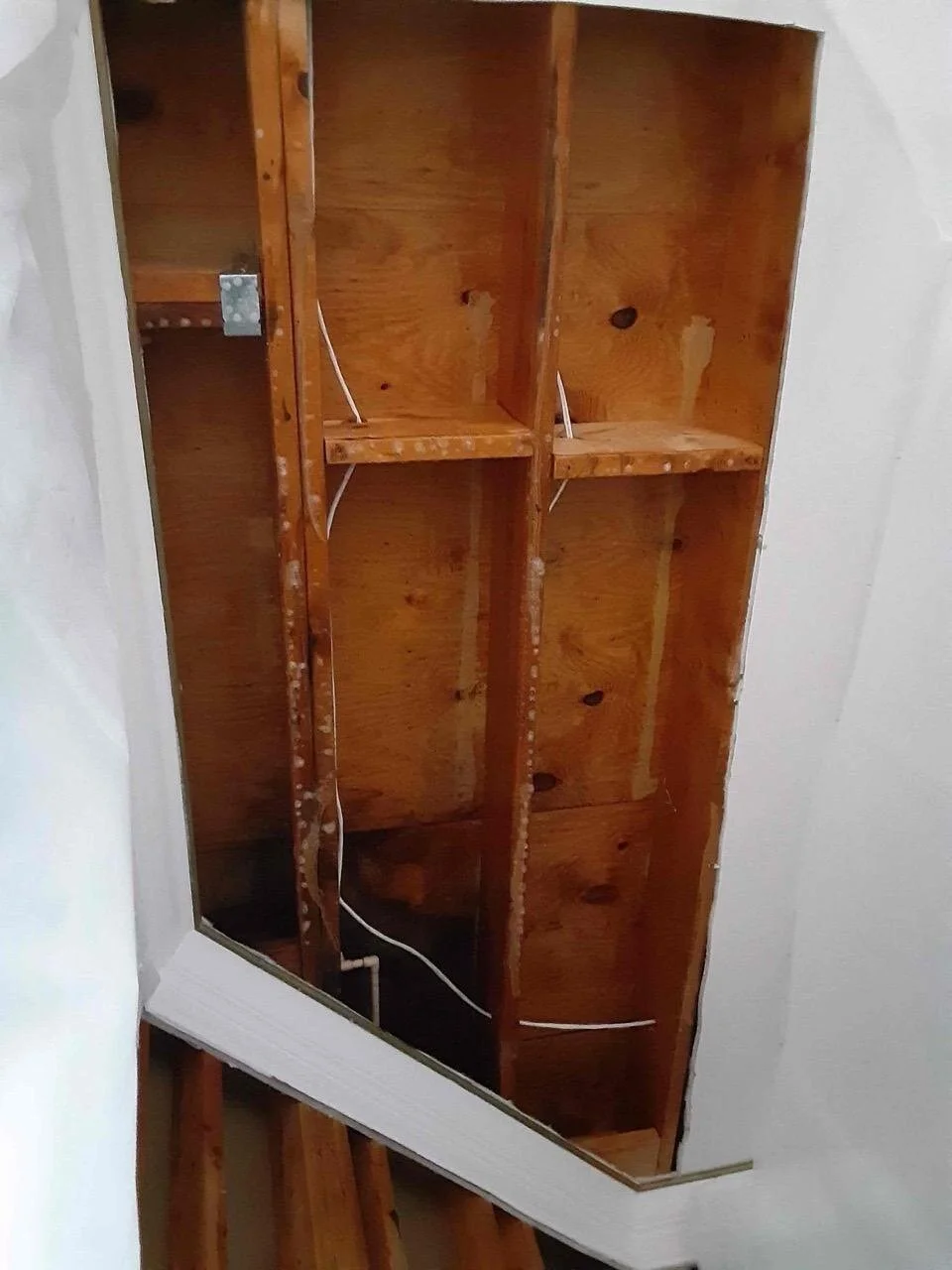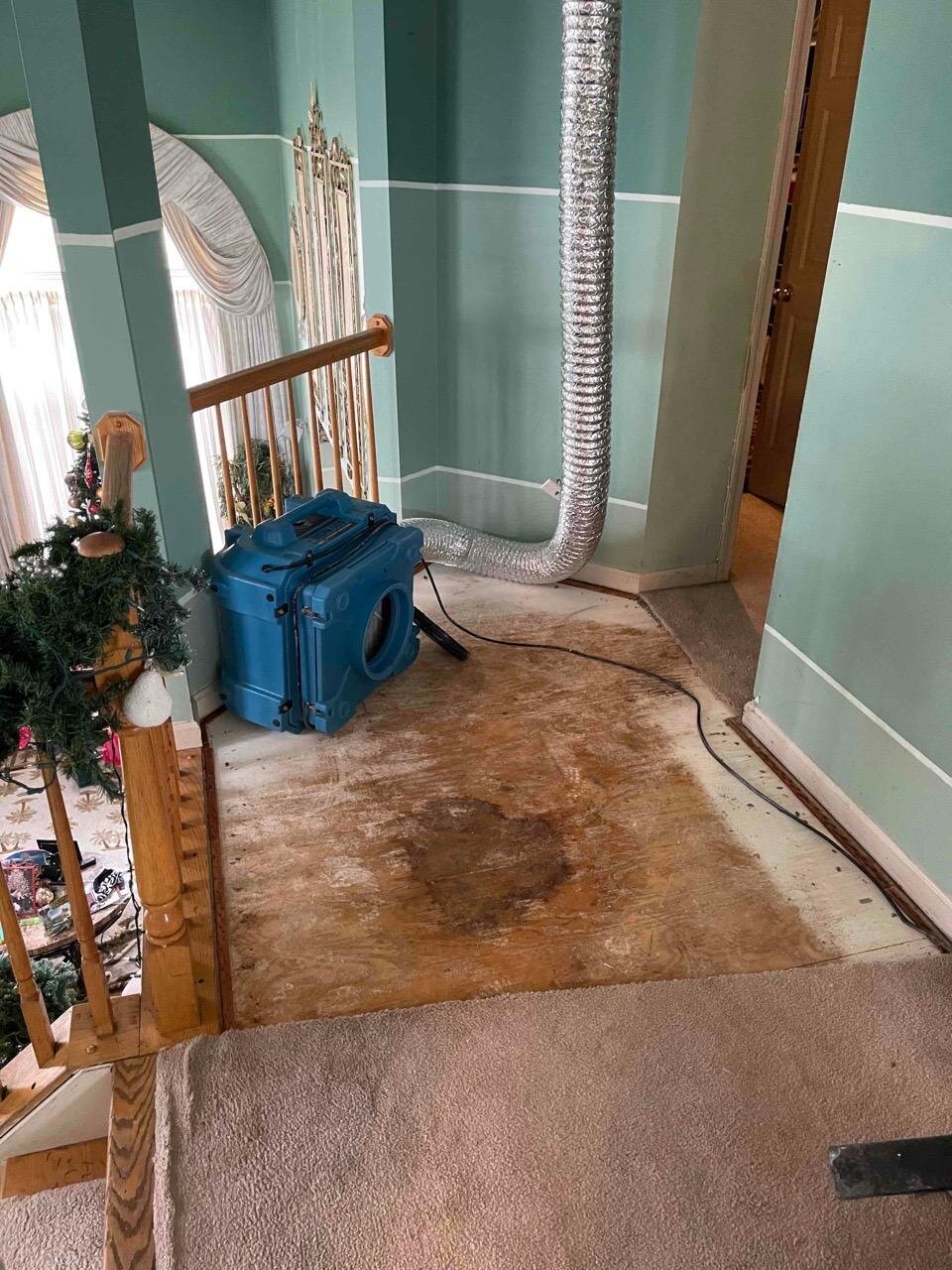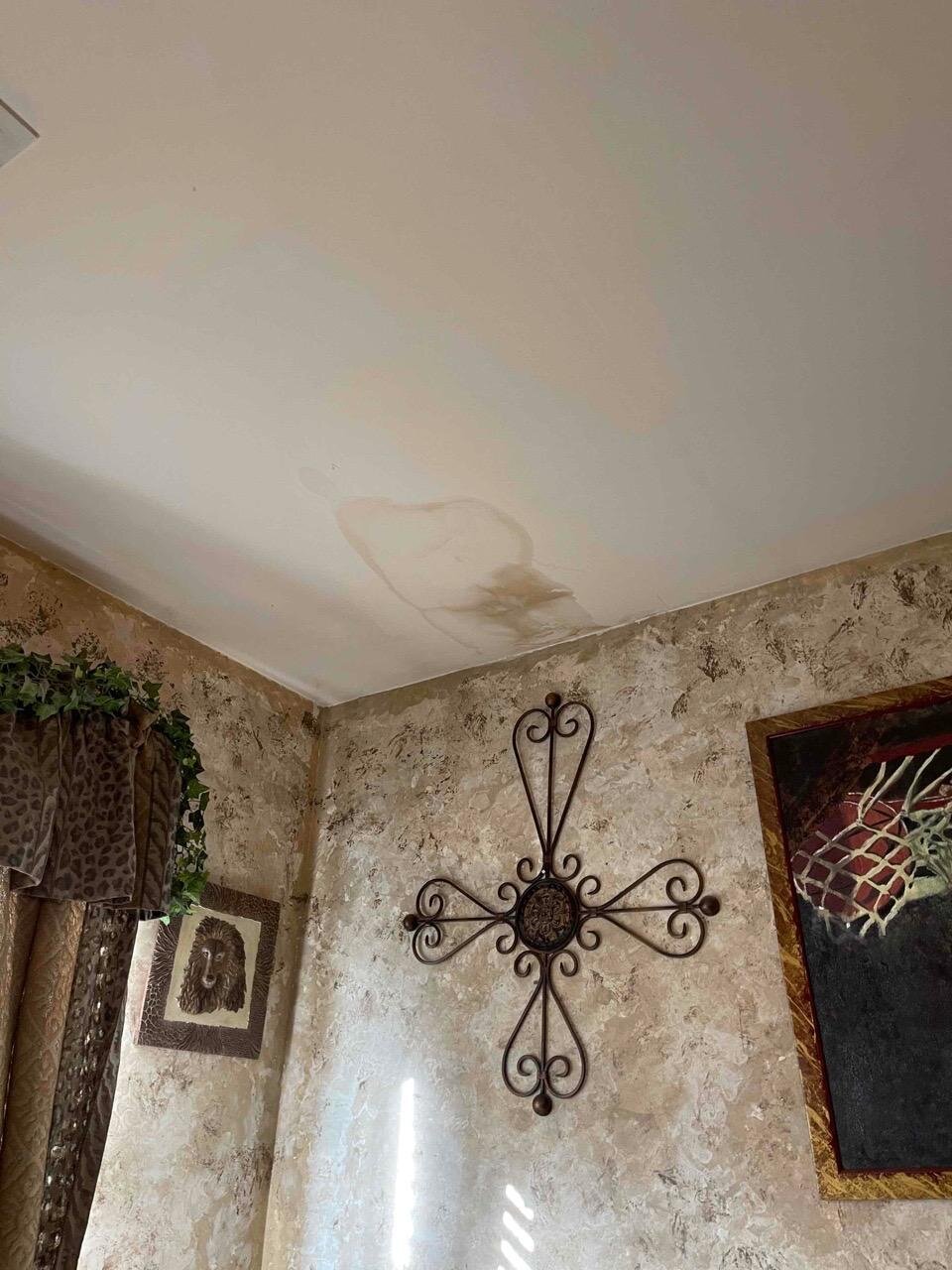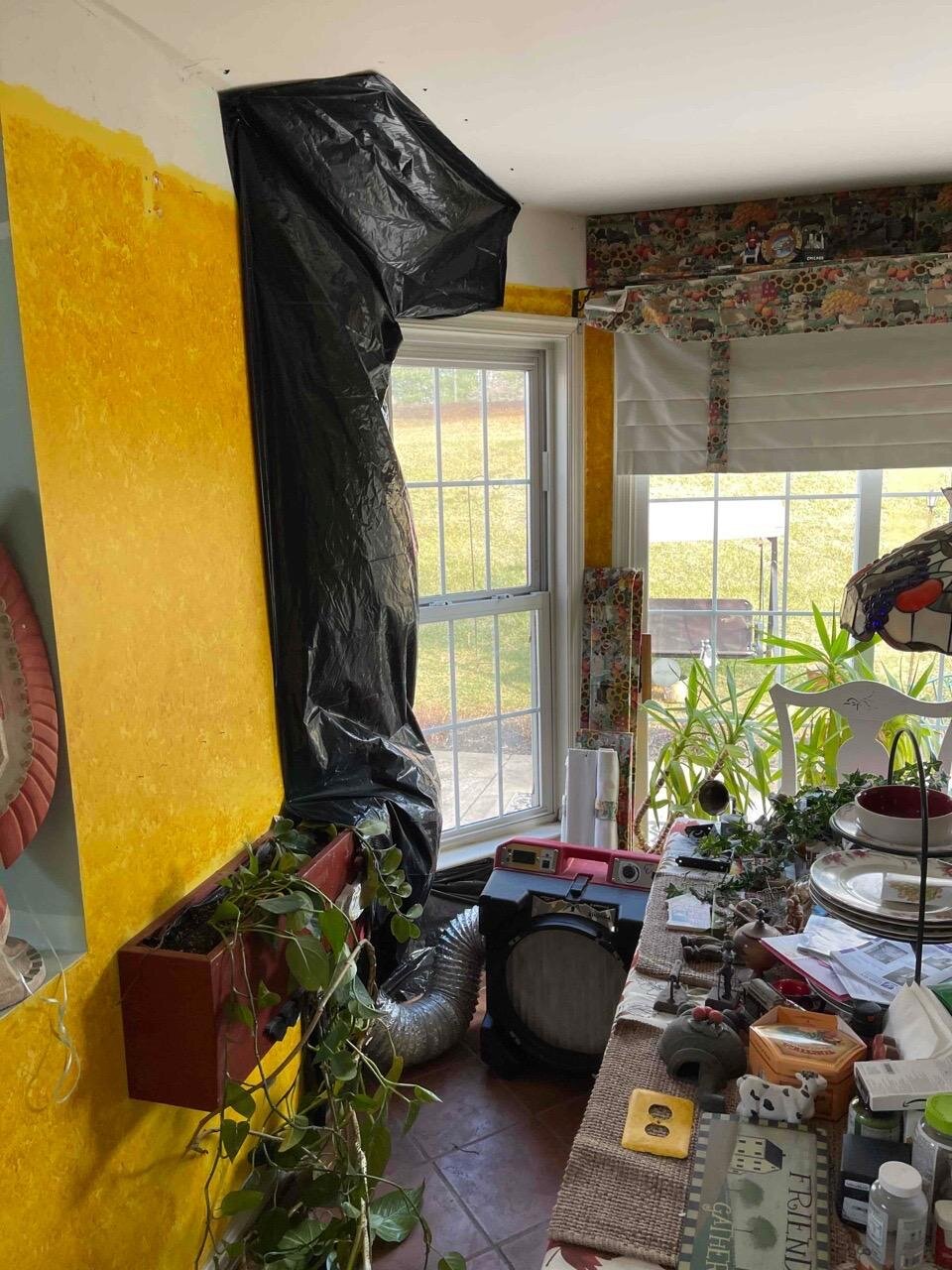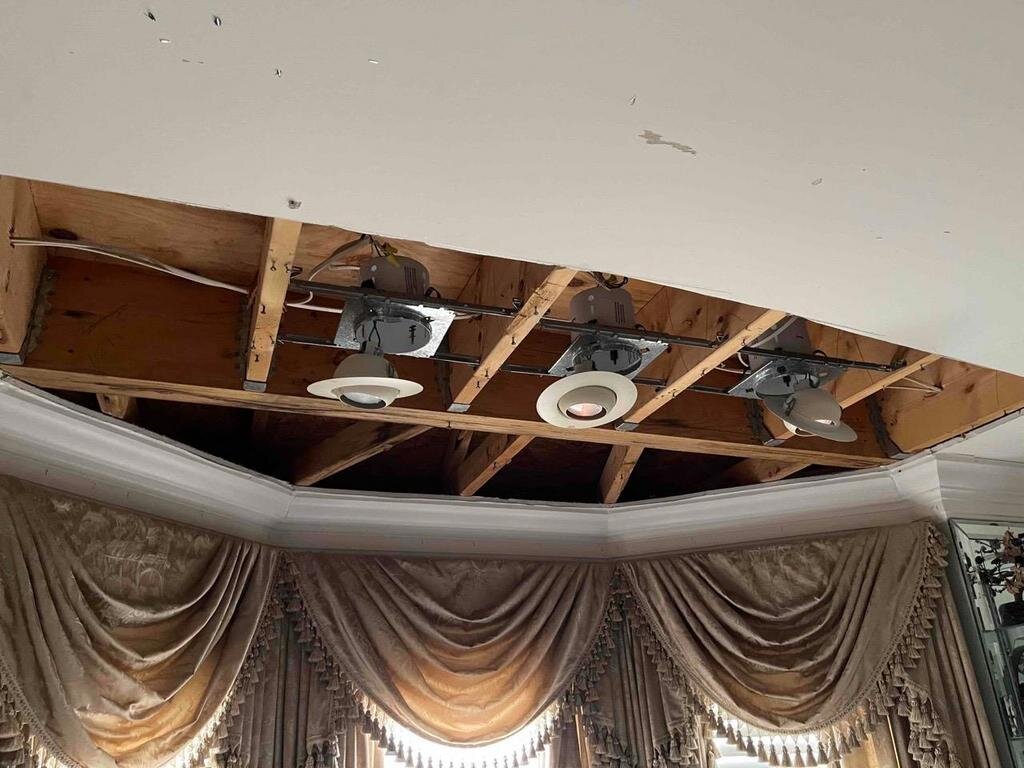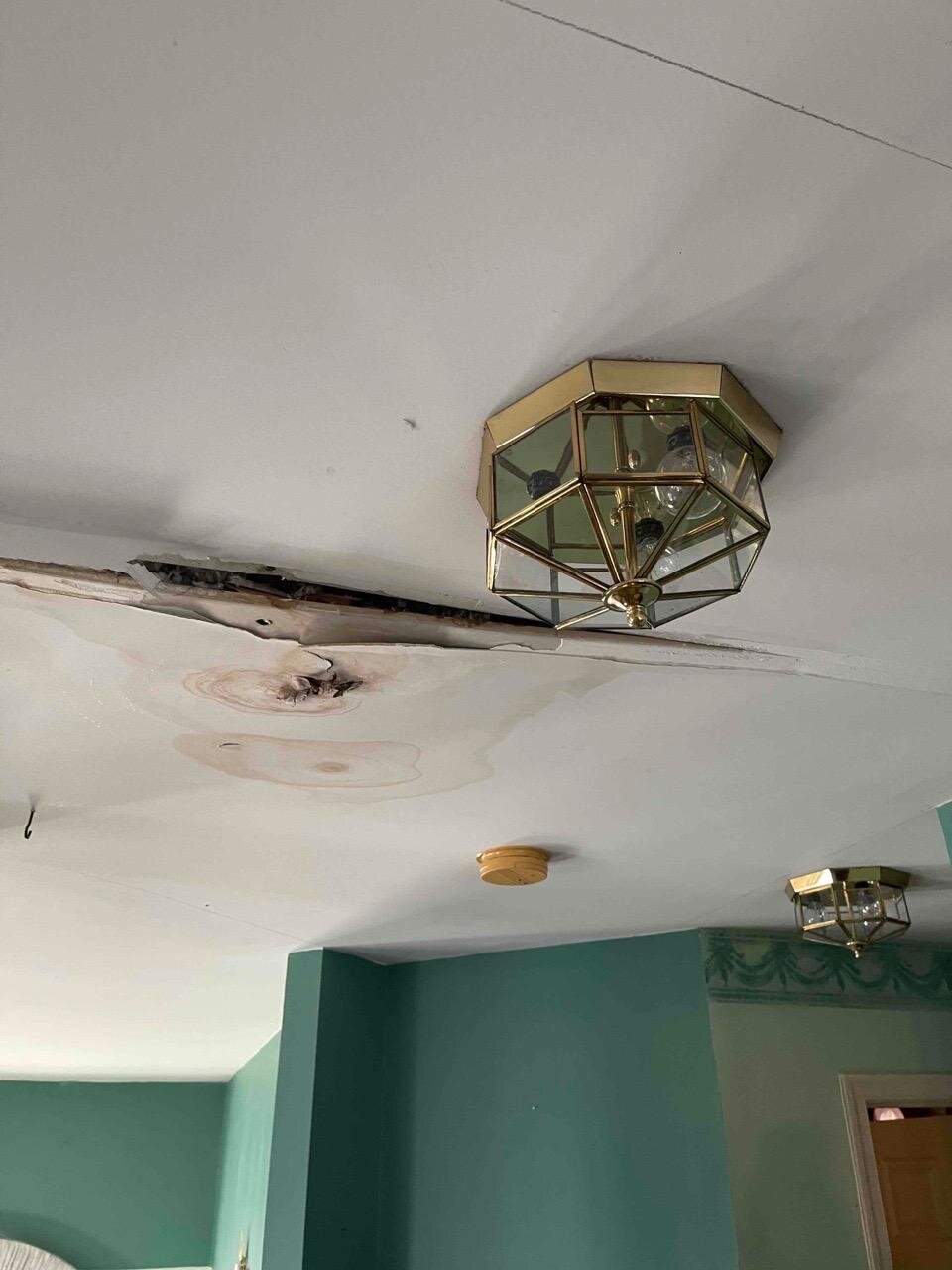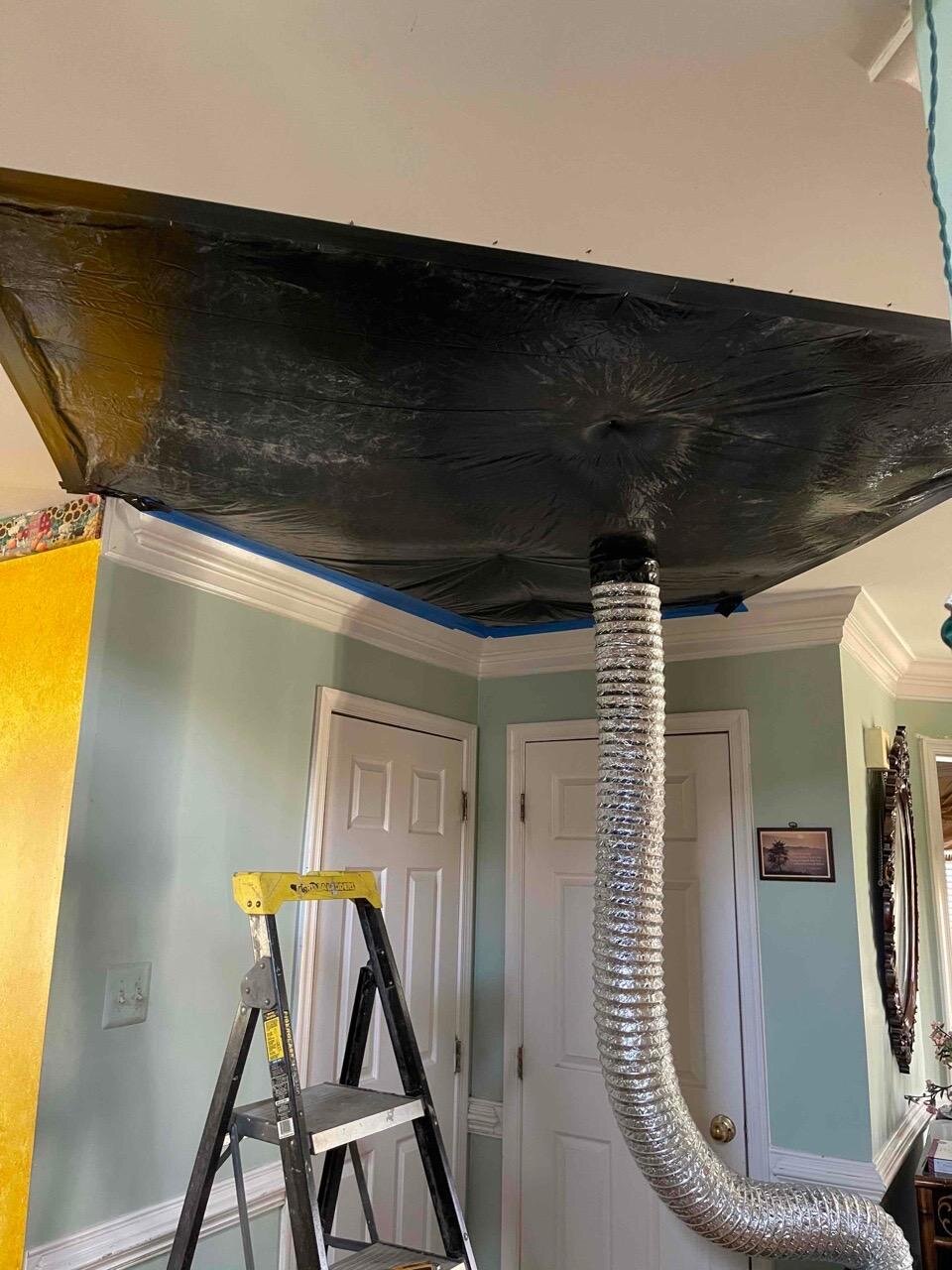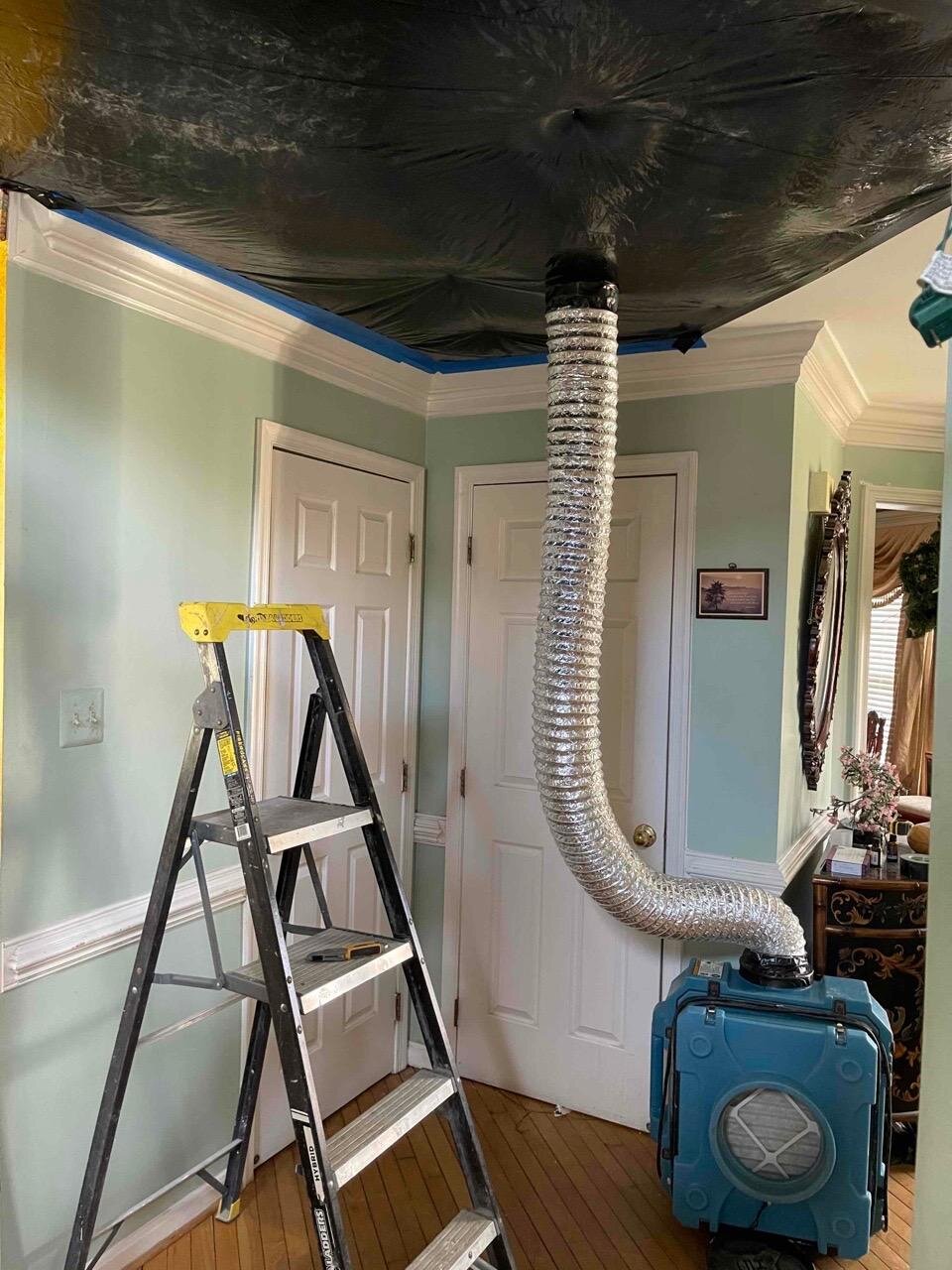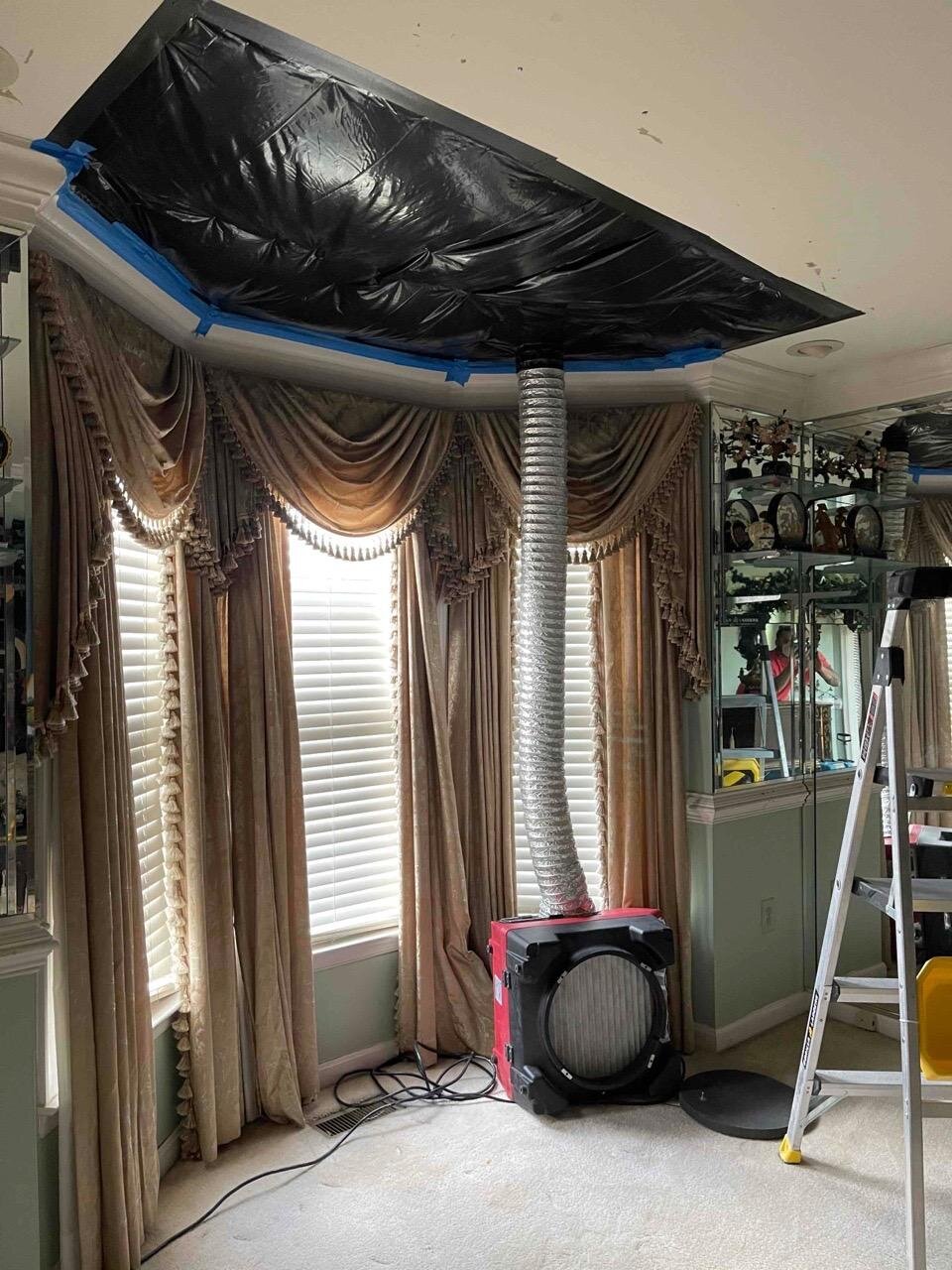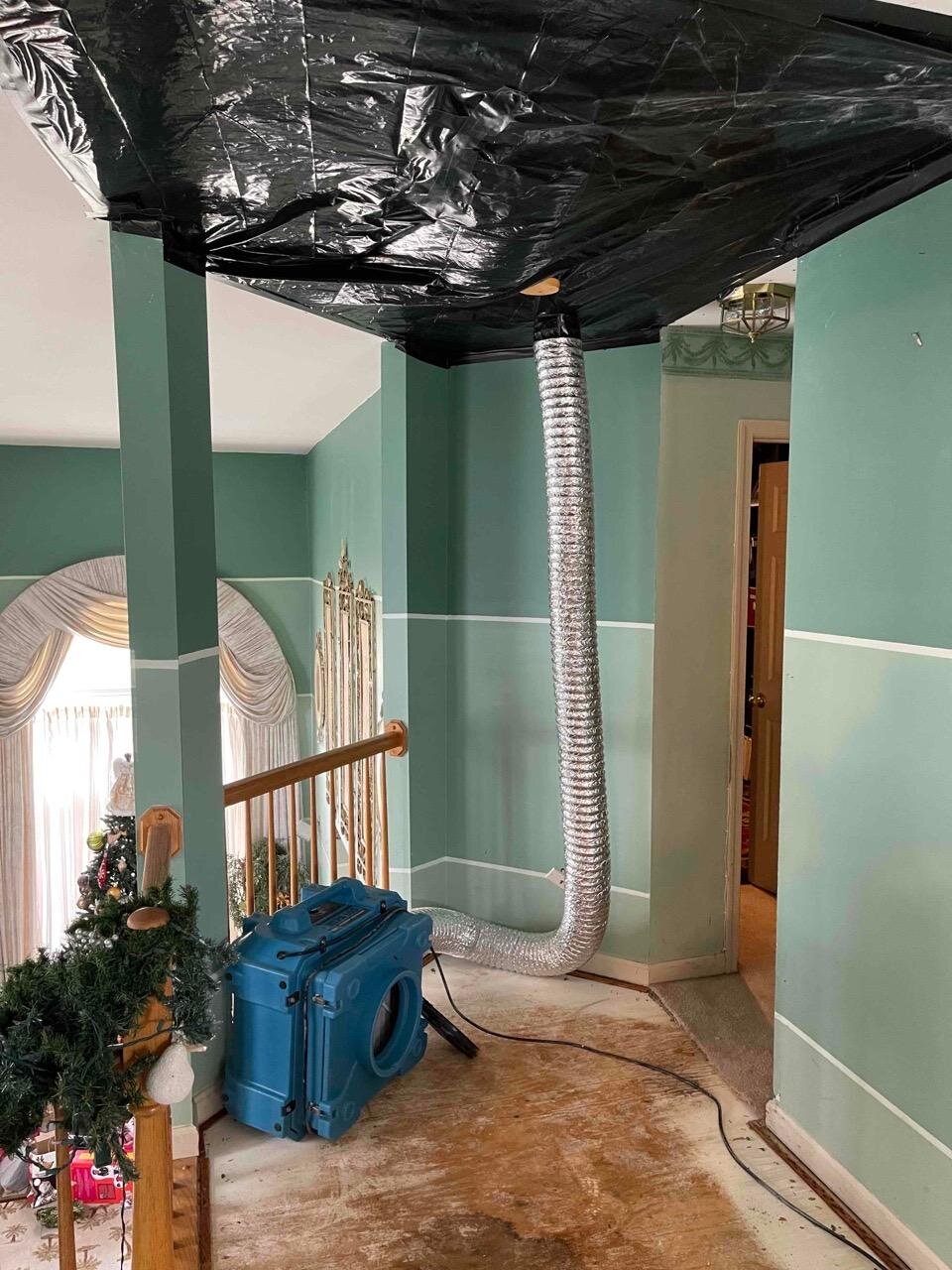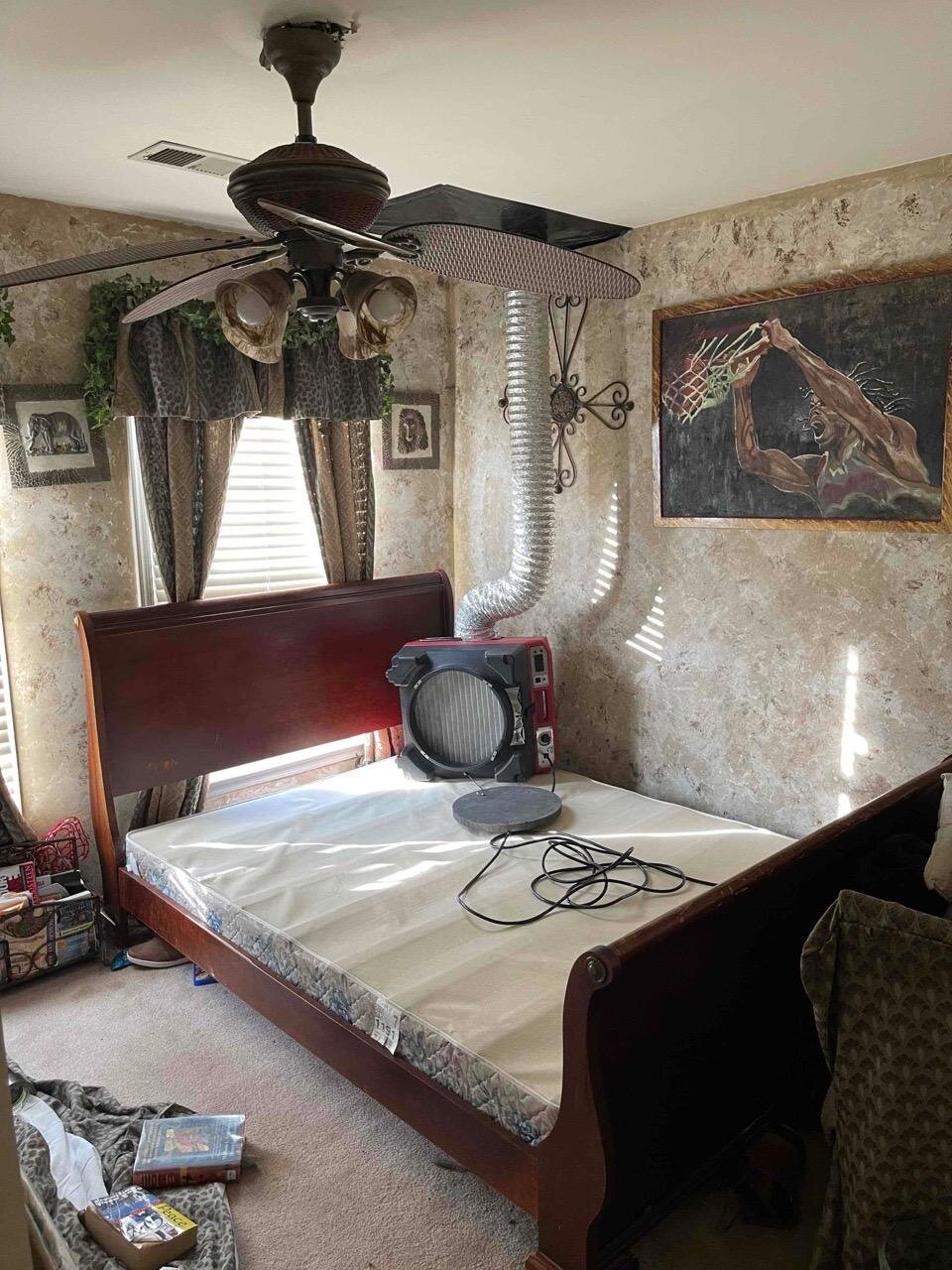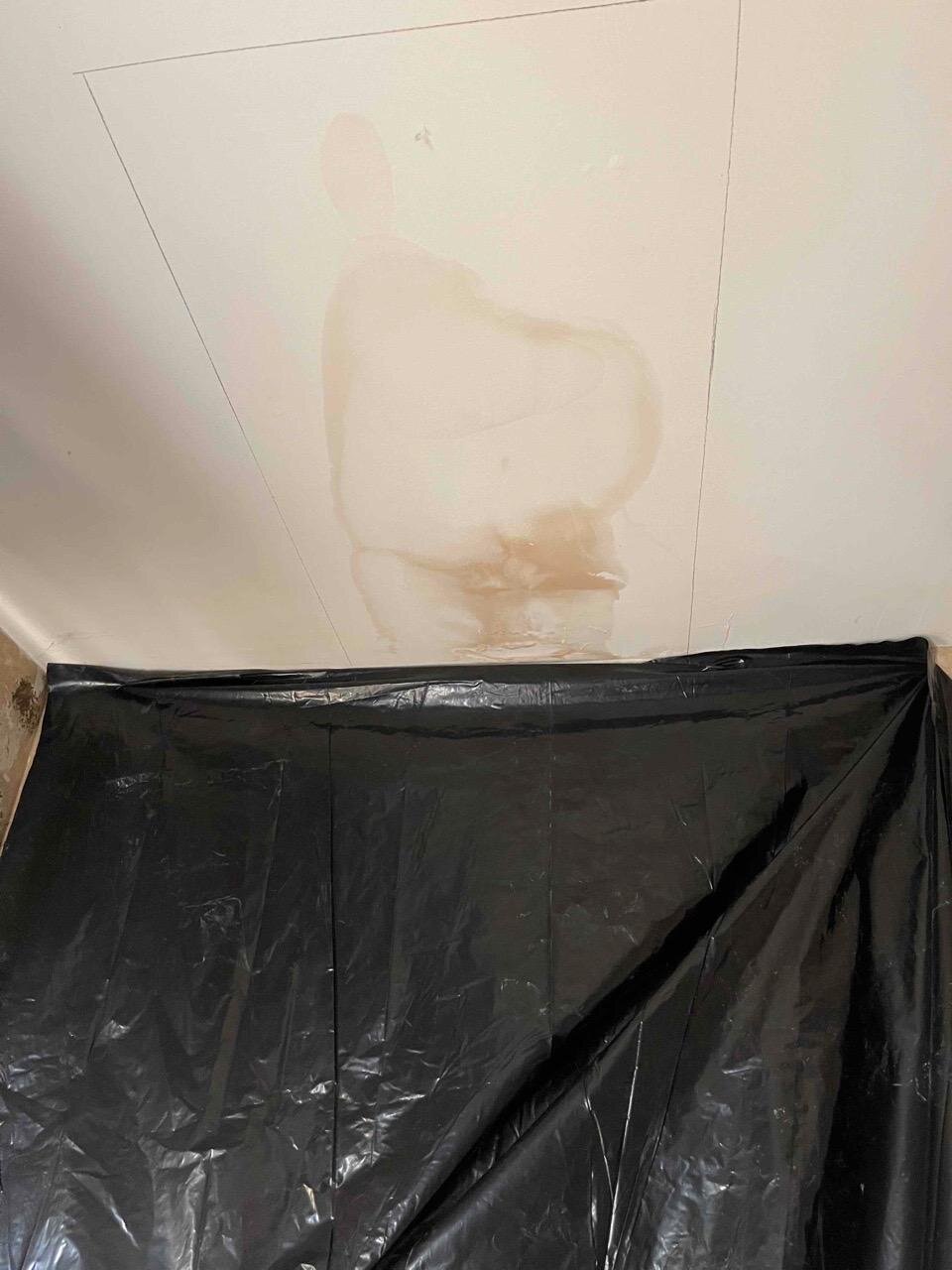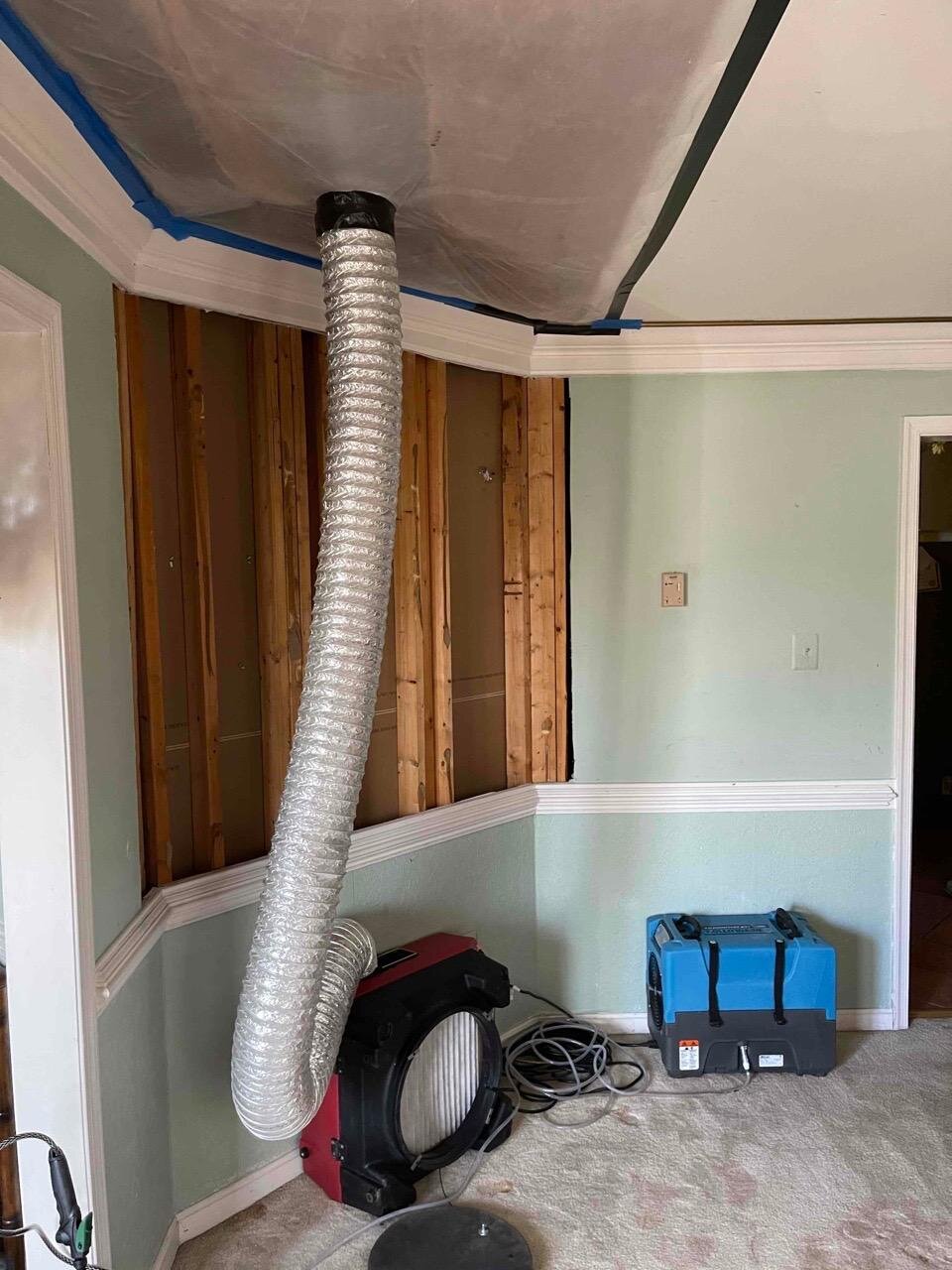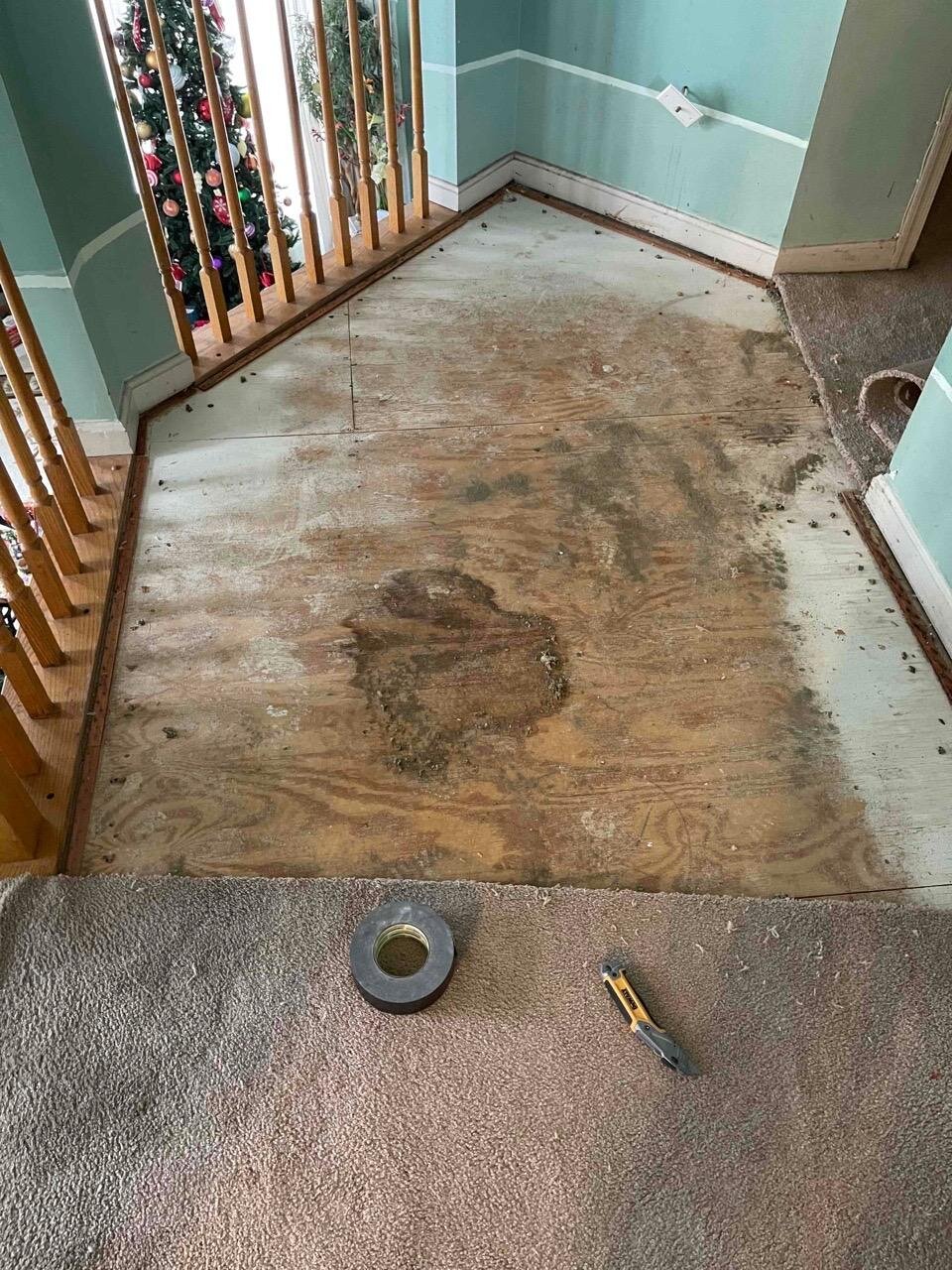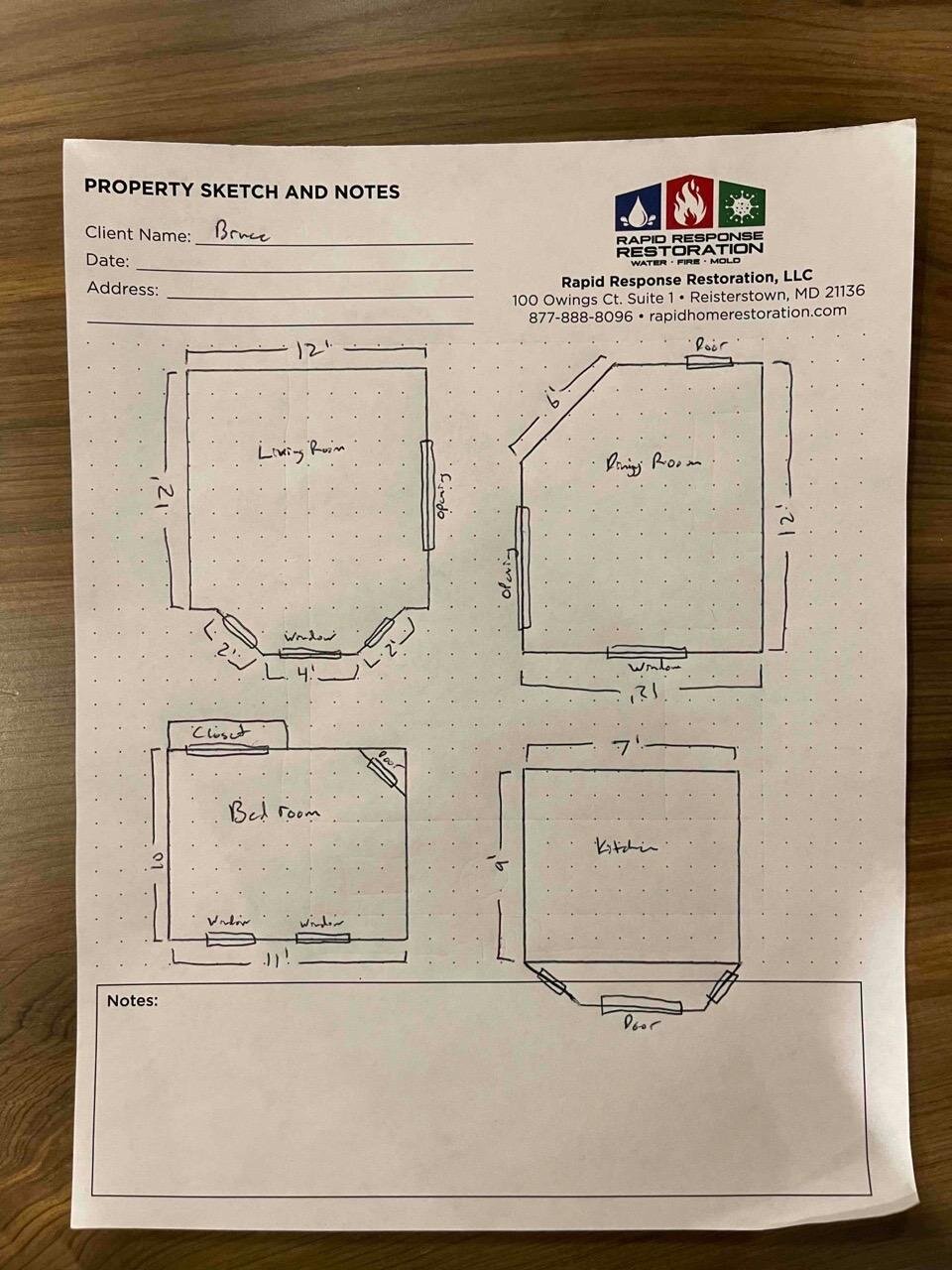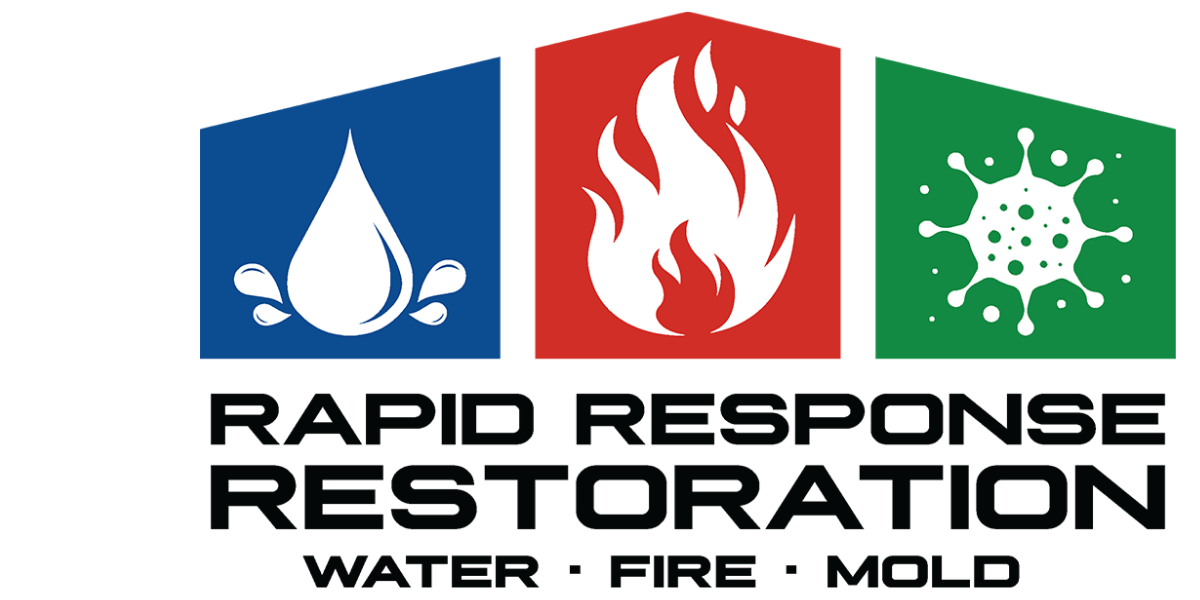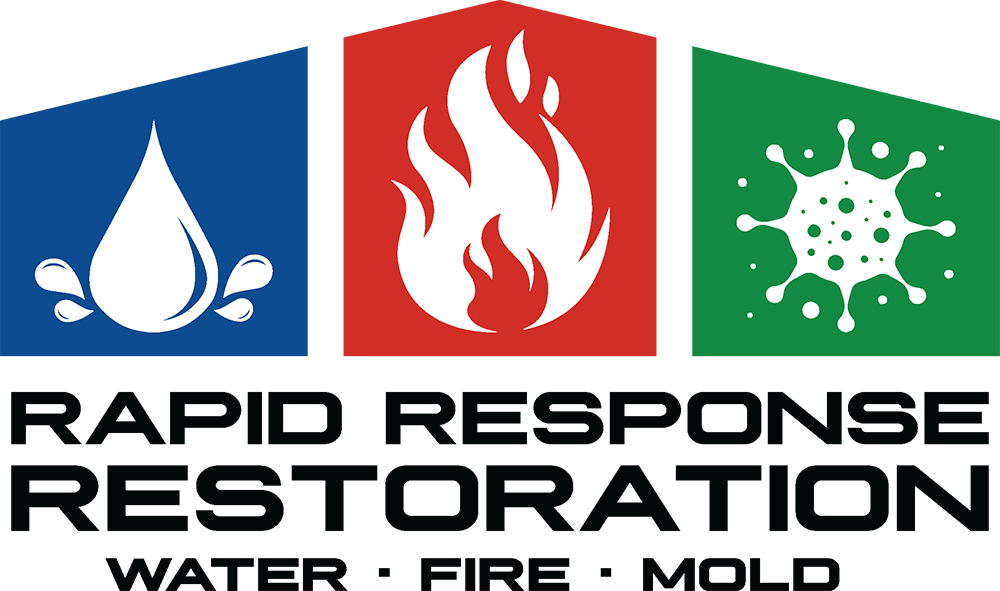
Act NOW Or The Problem Will Get Worse
If You Have Experienced Any Water Damage, Call Us Now To Speak With An Expert And Get Immediate Relief.
The Most Important Thing To Know About Water Damage Is This:
The longer is goes untreated, the more of a problem it becomes.
Water that sits is more likely to damage property and personal belongings.
It gets worse:
Water that sits can result in dangerous mold that is really bad for your health.
...not to mention more expensive to fix than water damage alone.
Effects That Water Damage Can Have on Your Home
Listen up, because your home is at risk of water damage. If you have any old pipes or other plumbing work installed in the house - this could lead to a leak and an invasion by unwanted liquid into your walls. A flooded basement will produce harmful mold spores that can make everyone sick as well as ruin carpets and furniture with their soggy goo (gross). Caused by burst pipes, leaks from roof gutters, overflows from toilets or sinks ...whatever it may be- if left untreated for too long, these disasters are sure to happen! Don't let things get out of control: catch a problem early on before it becomes so bad that everything needs replaced.
Hazardous to Your Health
You might not think flooding a home with dirty water would be as much of an issue for health safety, but you'd be wrong. There are three different classes of potential Water Damage:
Category 1: “Clean” water from sanitary sources, most notably the pipes in your home. This water has not yet been used for anything within your home, but is still fresh and clean.
Category 2: “Grey” water from outside of your home, such as ground water that has seeped into your basement, and post-use water from home appliances.
Category 3: “Black” water from unsanitary sources that could contain human or animal waste. This water includes flood water from rivers and lakes, and any water containing sewage. This water should be treated as toxic.
If you are dealing with Category 3 water, you need to take a step back and call in the professionals immediately. This water can be unsafe to even touch or breathe around, and anything it has touched needs to either be disposed of or professionally cleaned and sanitized. We will be able to determine whether contaminated belongings can be salvaged.
Call Us Now To Speak With An Expert And Get Immediate Relief
Types Of Water Damage

CEILING

DRYWALL

WOOD

ELECTRICAL & PLUMPING

FOUNDATION

CARPET
Know Your Water Damage
Carpet Damage
Carpet is very porous and therefore highly susceptible to water damage. It may need to be replaced, depending on the type of water that caused the flooding and the amount of time that has passed. If mold or other contaminants may be present in the carpeting, it will need to be professionally cleaned, and any padding should be discarded and replaced. The drying process is extensive, but can be done if the carpet is deemed salvageable. Because of mold growth, this is one area of the home where water damage should absolutely not be delayed.
Ceiling Water Damage
Water damage to your ceiling is particularly concerning because of the potential for collapse. Even when your ceiling is the only area with apparent water damage, as might be the case with a burst pipe above the ceiling, poor waterproofing to an upstairs bathroom, or a roof leak, it needs to be addressed with some urgency.
If you’re seeing signs of water pooling in your ceiling, this area could burst or collapse, which presents a safety concern for you and your family, not to mention your home and belongings. In addition, by the time you notice pooling, chances are that water has been gathering for a little while and may have caused mold growth.
Drywall Water Damage
Drywall is an area that can be easy to forget or ignore, particularly if the water damage to other areas is more apparent. One huge issue when you’re dealing with drywall water damage is mold. Mold can hide inside of your walls, and this cool, damp space is ideal for this mold to grow unabated. Drywall with water or mold damage needs to be cut out and replaced.
Even small amounts of water damage to your drywall can also cause damage to the structural integrity of your home over time. If your drywall is not completely firm to the touch, but feels spongy, you are dealing with effects of water damage that could present structural dangers if not addressed.
Wood
Wood appears tough on its surface, but is actually very porous, which leaves it particularly susceptible to water damage. Many homes have wooden floors, baseboards, and furnishings, as well as load-bearing elements such as posts and beams, so it is important to address water damage to any wood in your home, and recognize that the damage might be widespread.
The first few hours are critical when addressing the effects of water damage on your wood flooring. Wood will absorb moisture immediately and begin to swell as time passes. This doesn’t mean that all is lost if water has come in contact with your wood floors, but it does mean that the clock is ticking, and that the sooner the drying process begins, the easier and less expensive it will be.
If you do not take care of water damage to wood quickly enough, mold can grow, and the wood can warp. Warping of wood in your home is not just a cosmetic problem, as enough warping can cause structural instability, particularly in load-bearing beams.
Electric and Plumbing
Of course, you know that electricity and water don’t exactly mix well. Flooding and other water damage can cause huge problems if any wires, outlets, or your fuse box are exposed to the offending water. This combination of electricity and water can be dangerous, and even fatal.
You should always turn off your home’s electricity after flooding or water damage has occurred, and consult with an electrician or your electric provider if you feel unsafe to do so yourself. An electrician should inspect any electrical systems exposed to water to determine whether they can still be safely used, or need to be repaired or replaced.
You may be shocked to discover that your plumbing infrastructure can also be damaged by flood waters. This is because flood water contains things that tap water does not, and your pipes have been designed to handle tap water. Pipes exposed to flood waters may corrode over time if the damage is not taken care of, causing flooding to be a recurring problem for you.
Foundation
Water damage to your foundation can occur in a variety of ways. If bricks or concrete in your home have cracks or have eroded, water from flooding may penetrate these areas, and freeze during colder months. This freezing will cause the water to expand, which can lead to serious structural problems.
Prolonged or extensive water damage can leave your home structurally unsound and cause damage to your home’s foundation. After any extensive water damage, it is best to have your home inspected by qualified water remediation specialists.
Call Us Now To Speak With An Expert And Get Immediate Relief
WATER DAMAGE JOB PHOTOS

